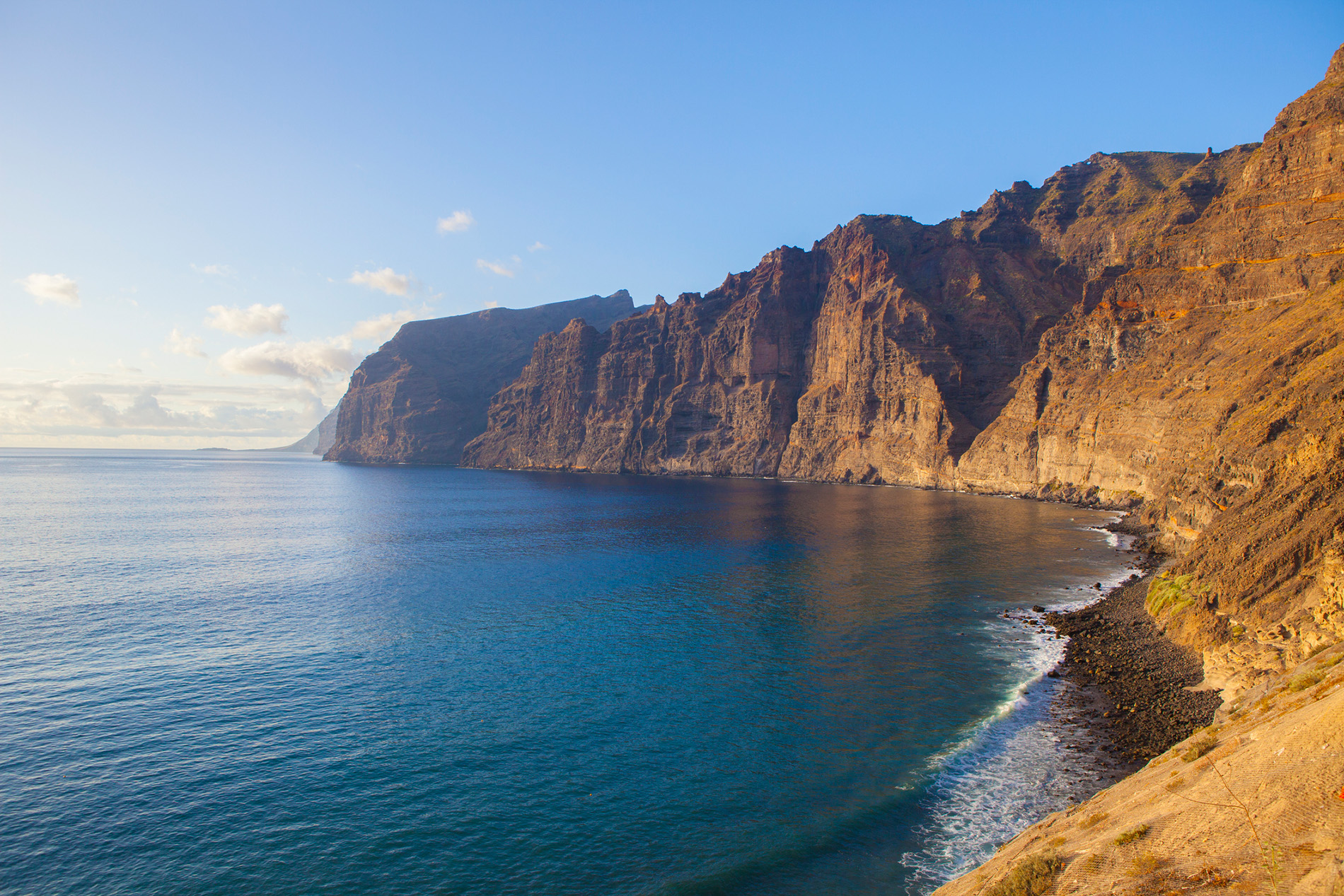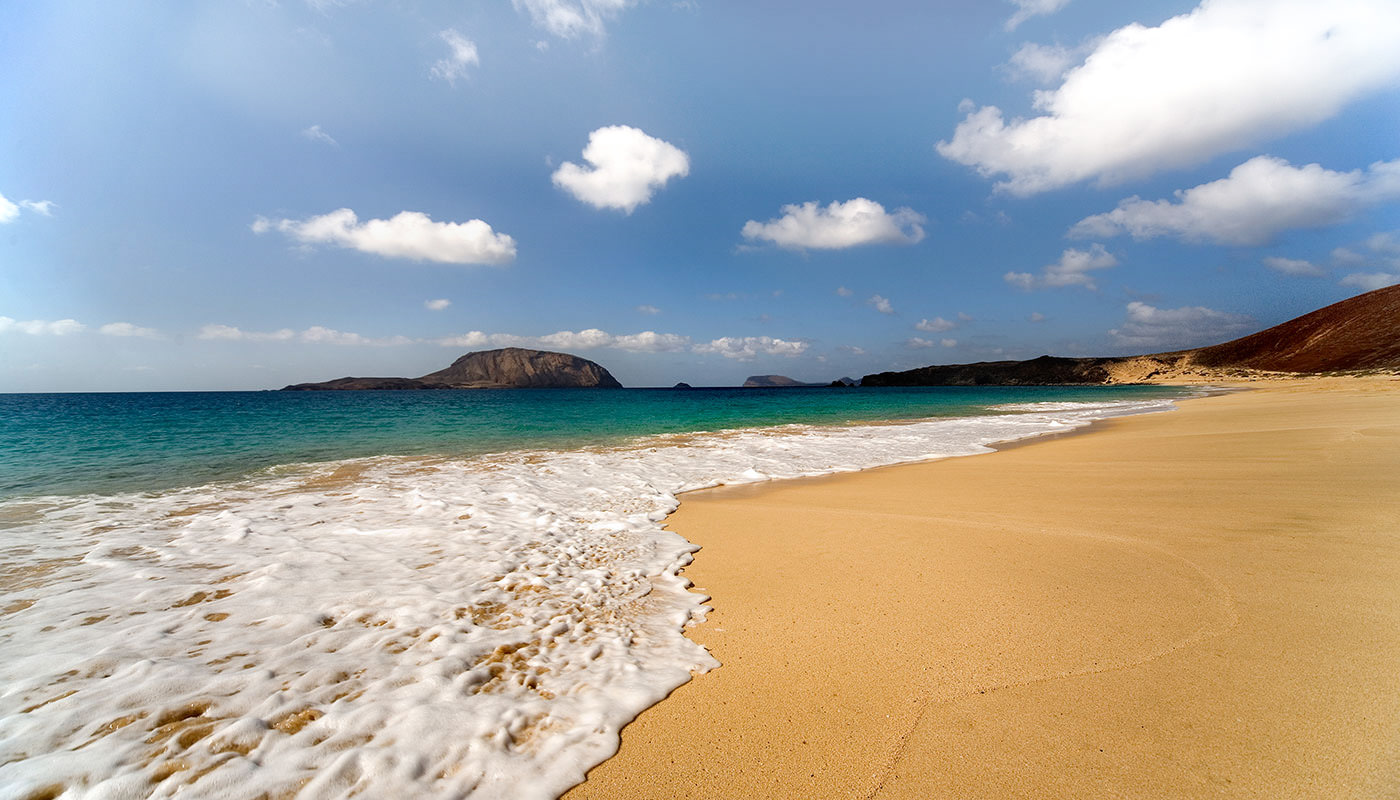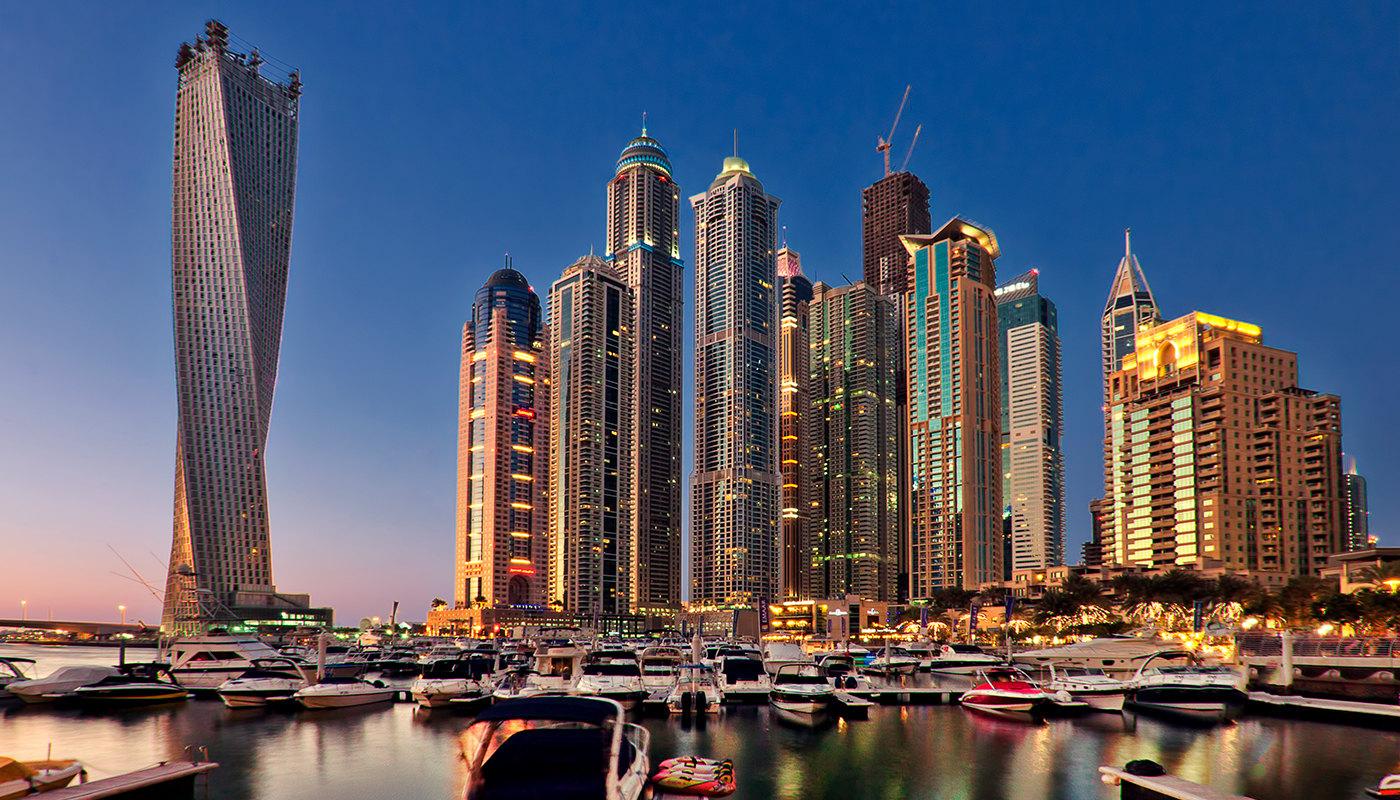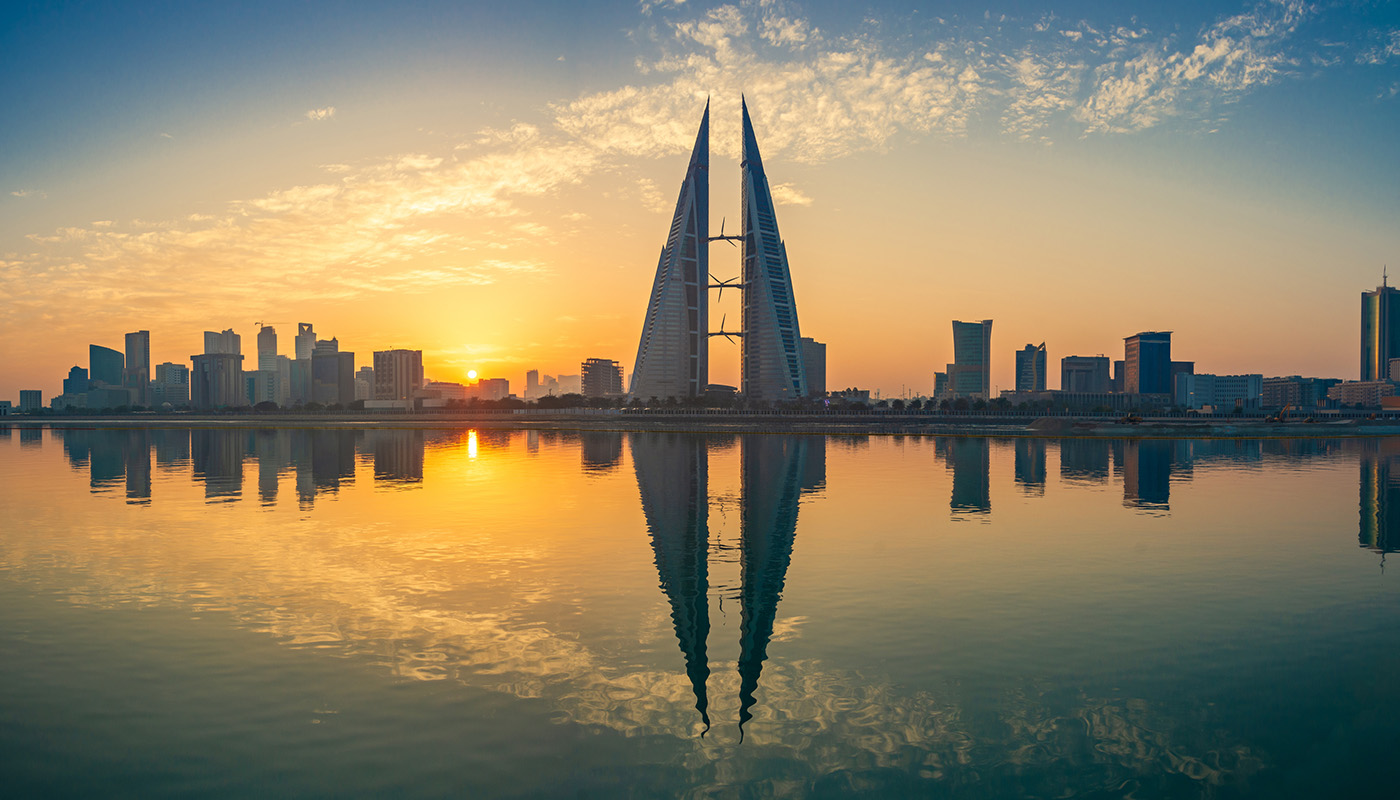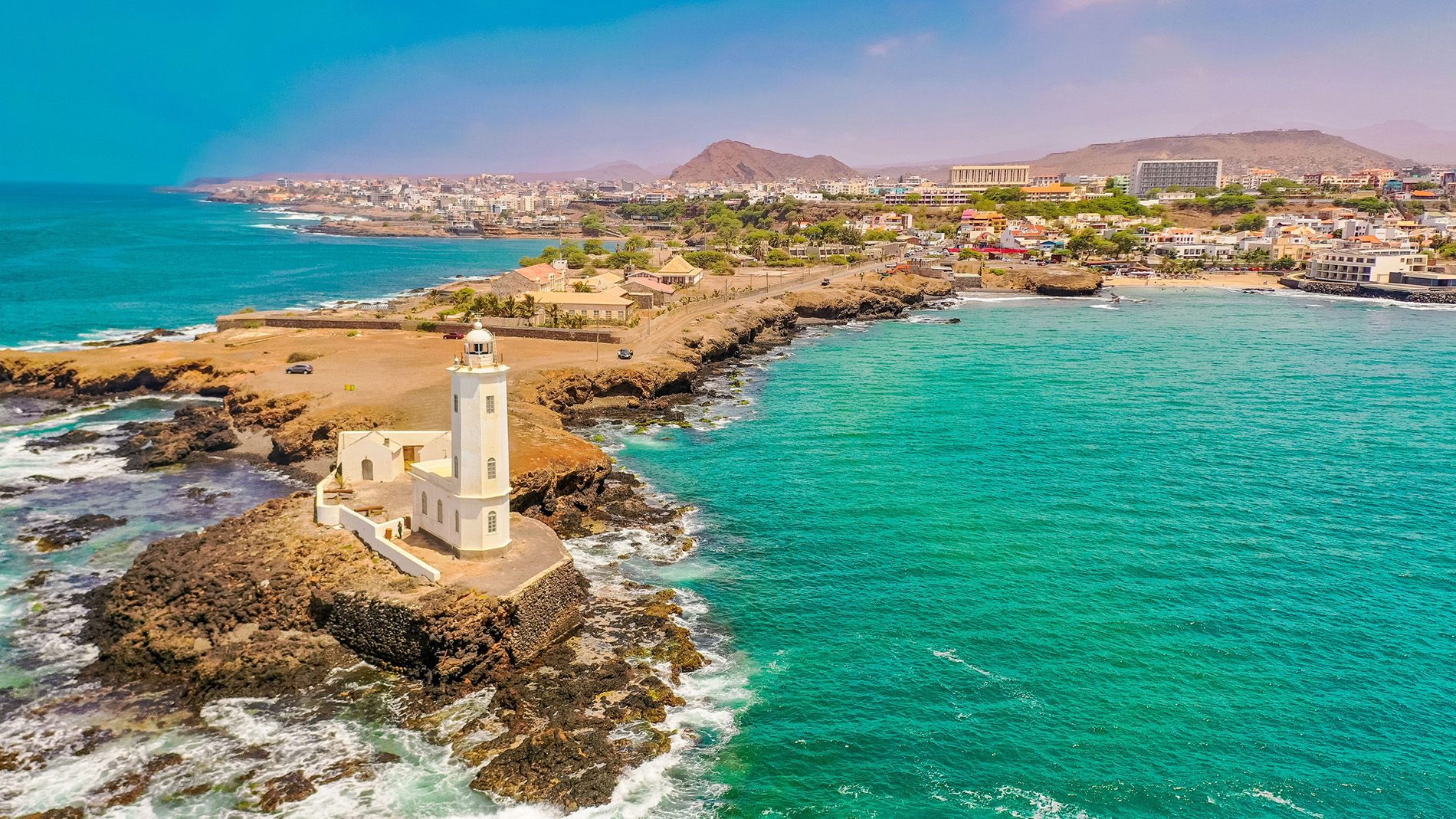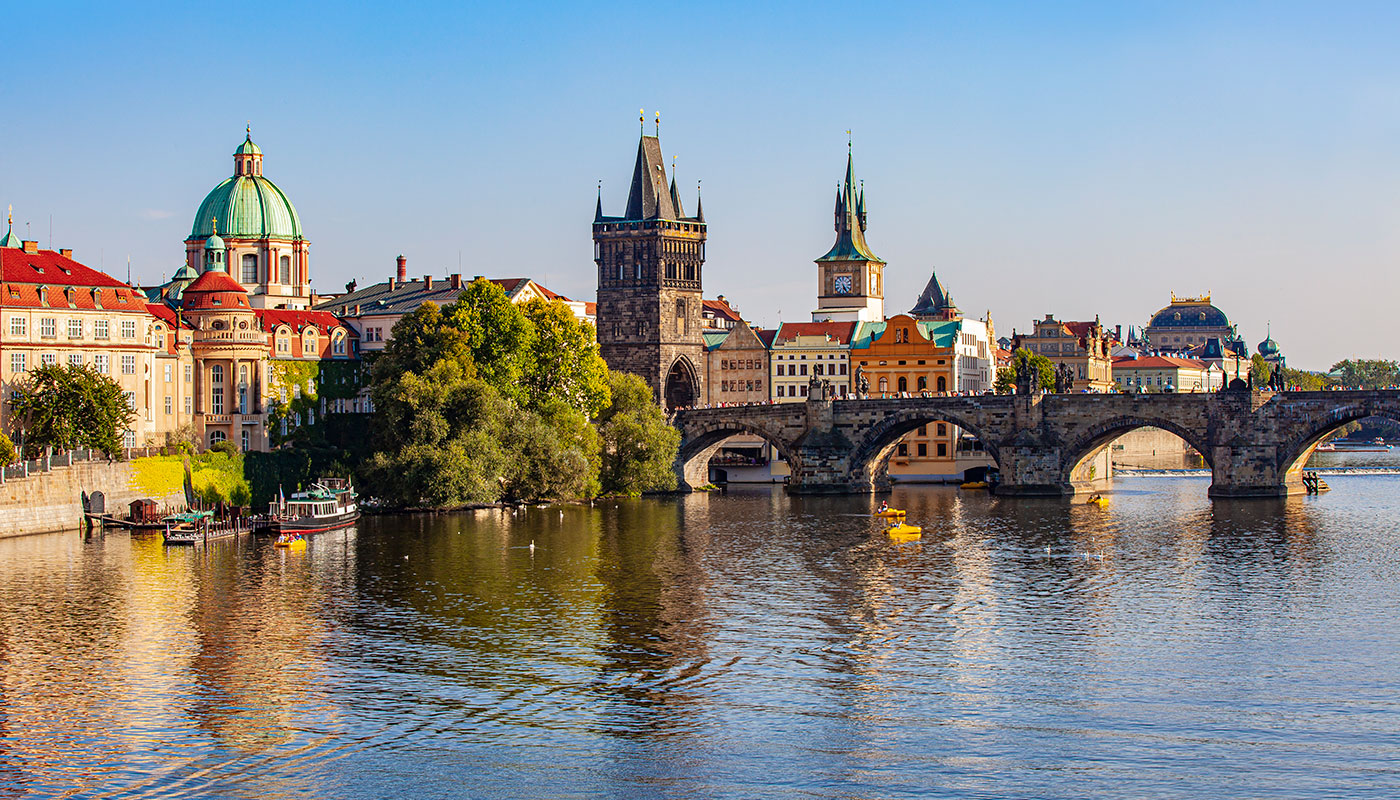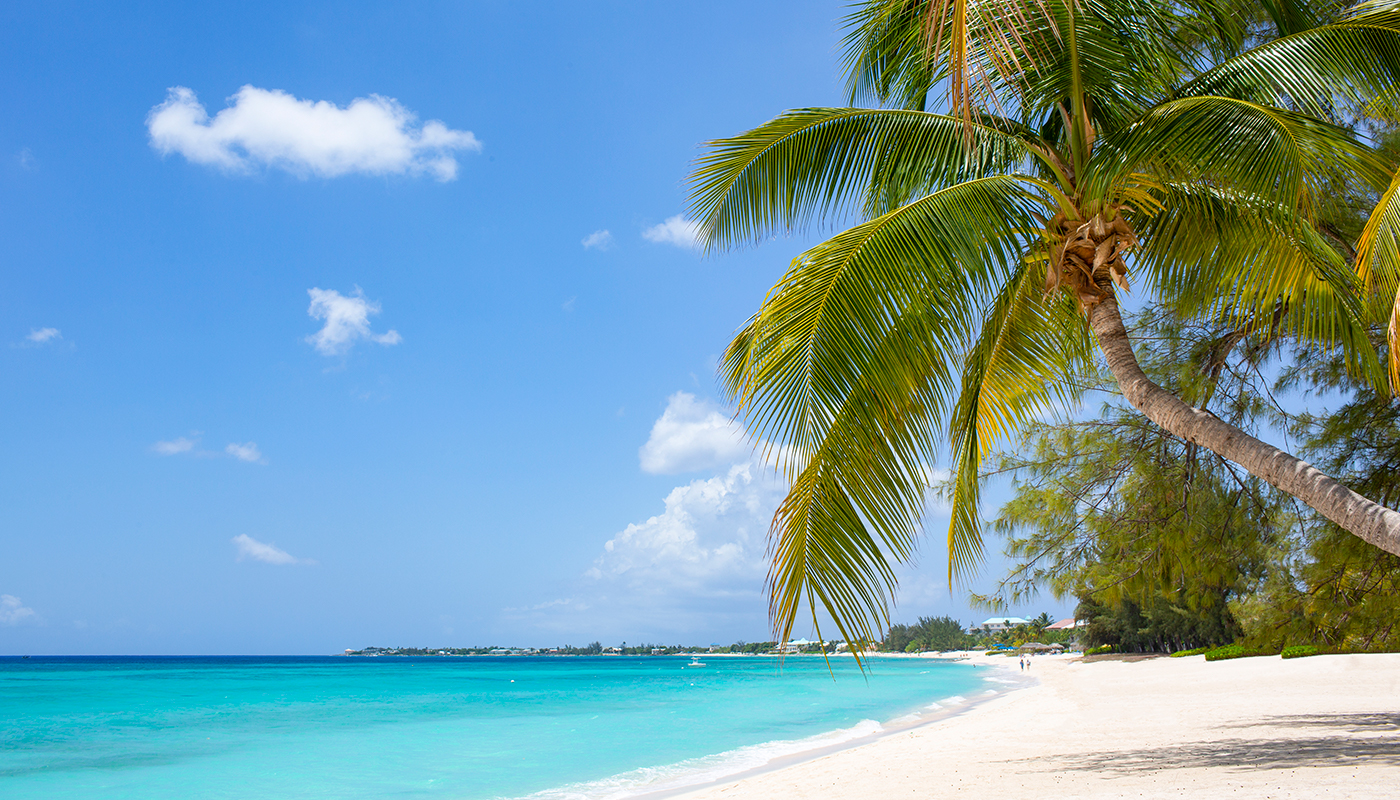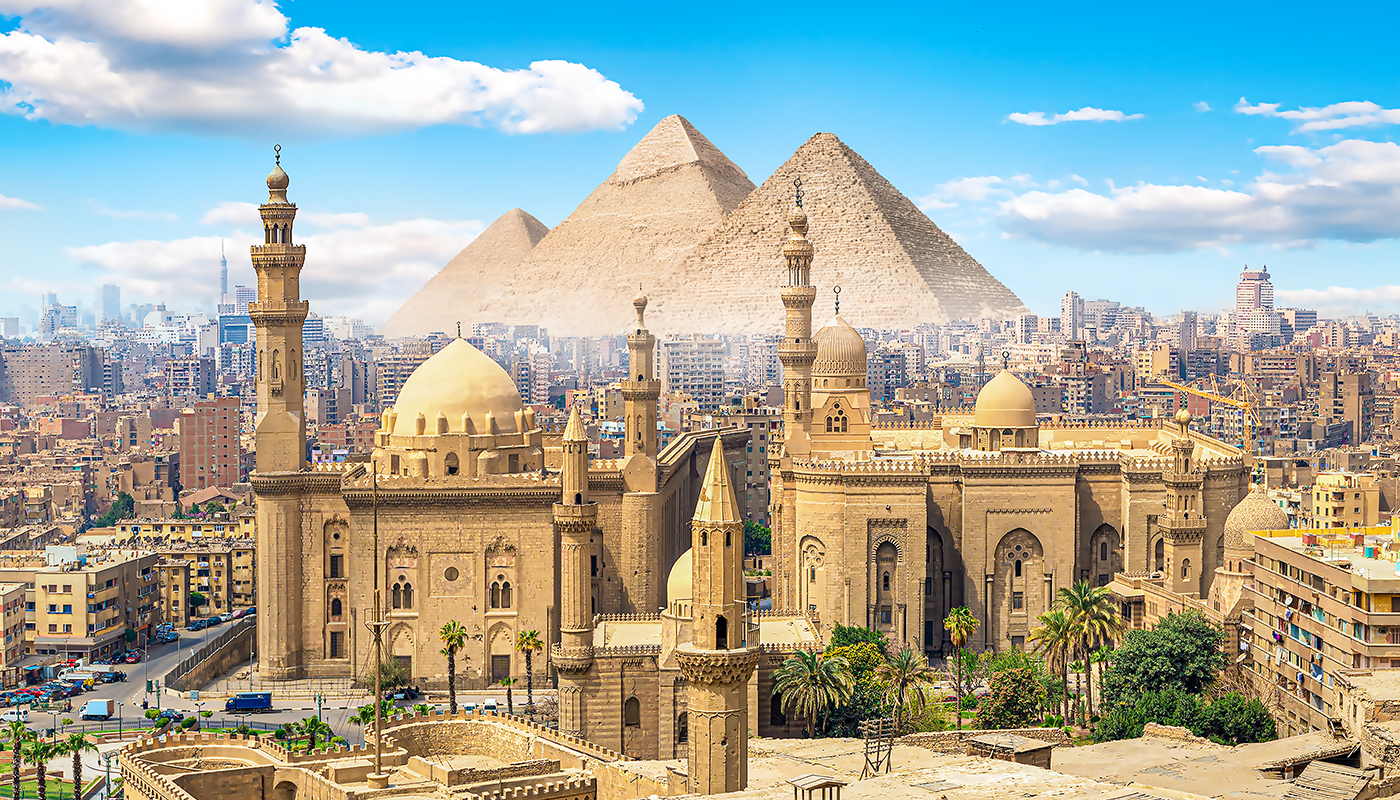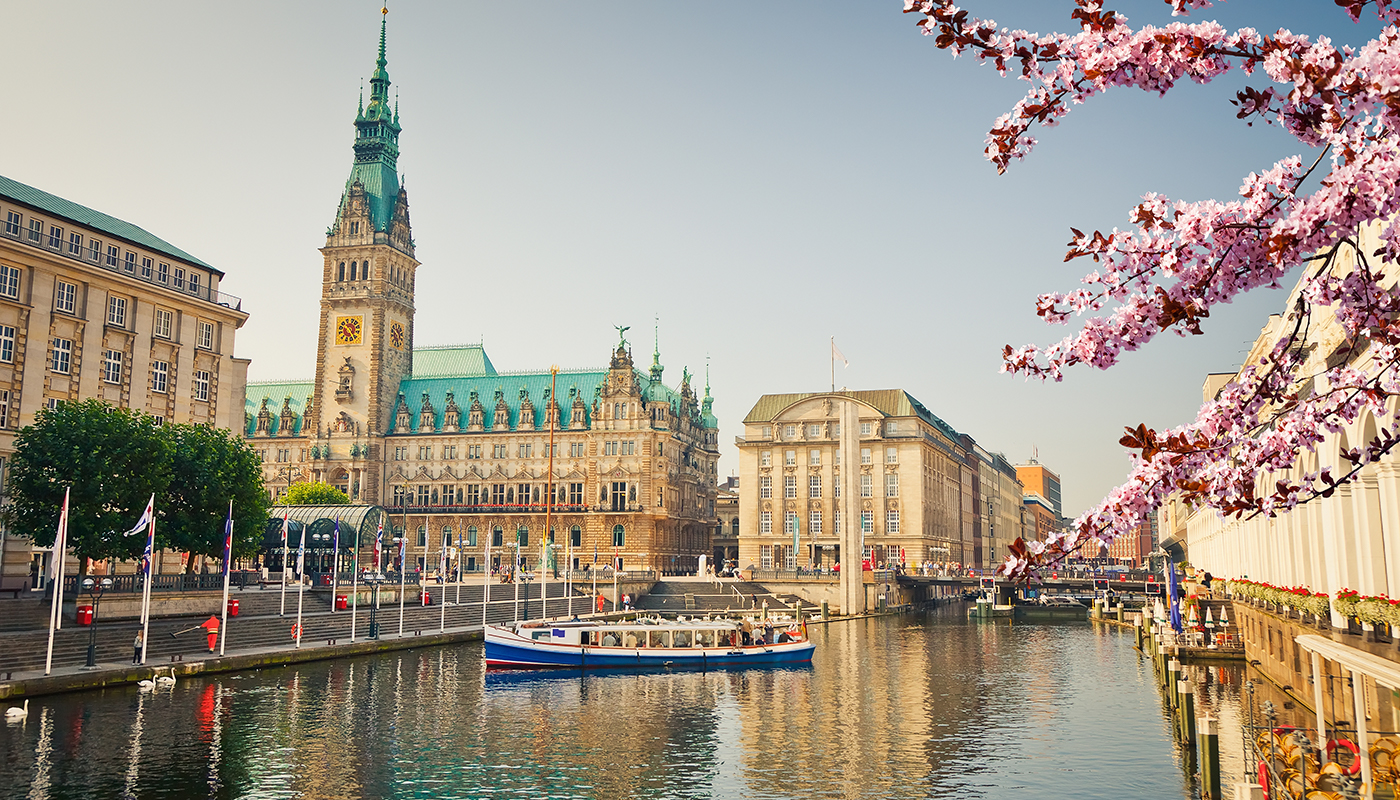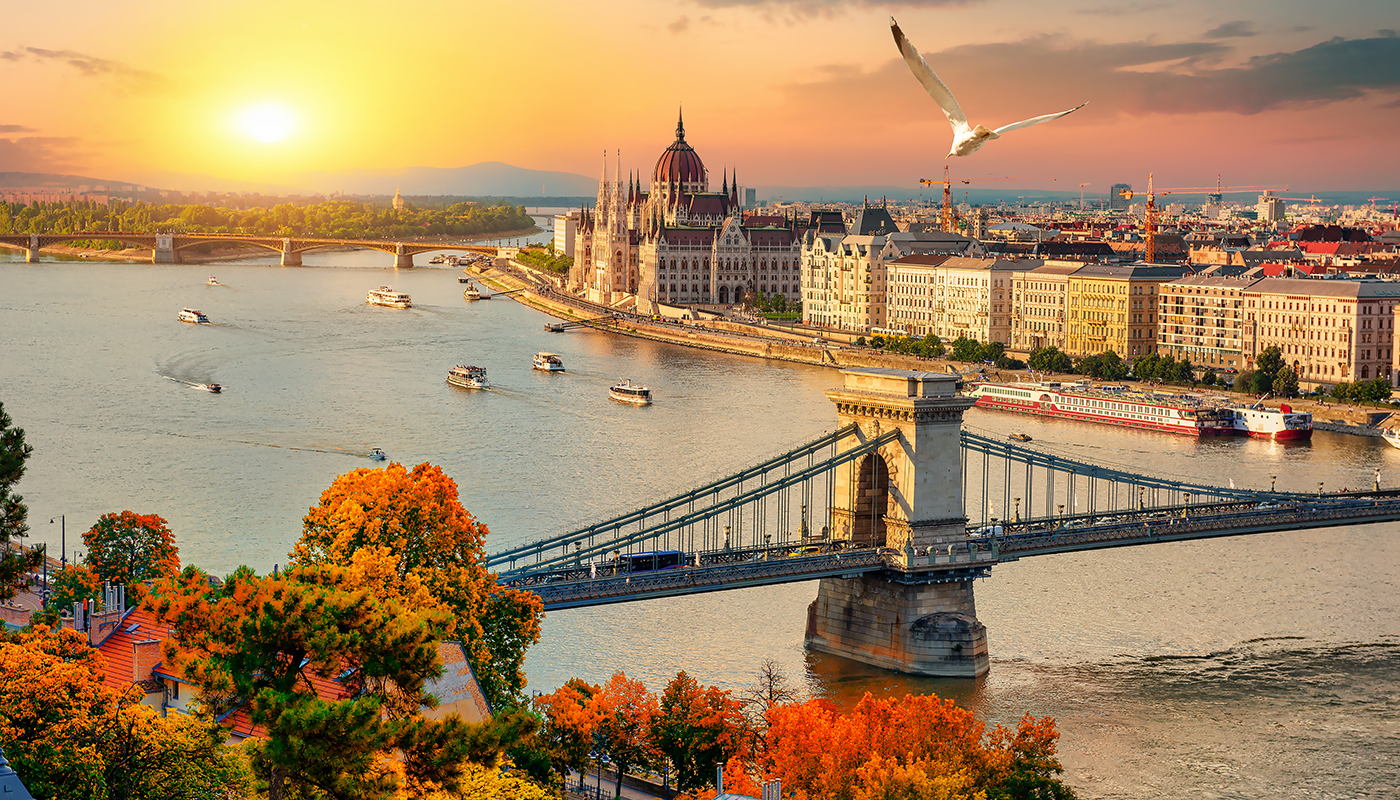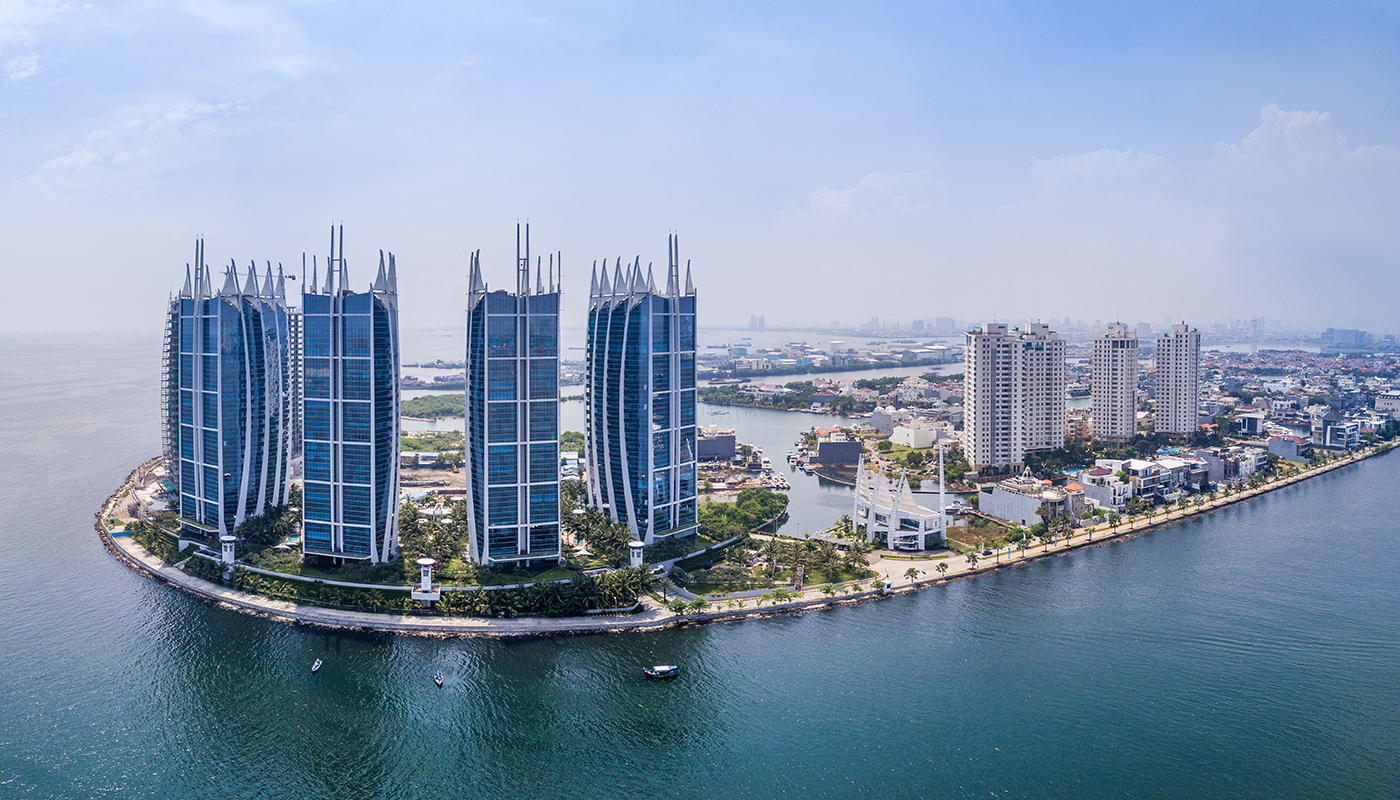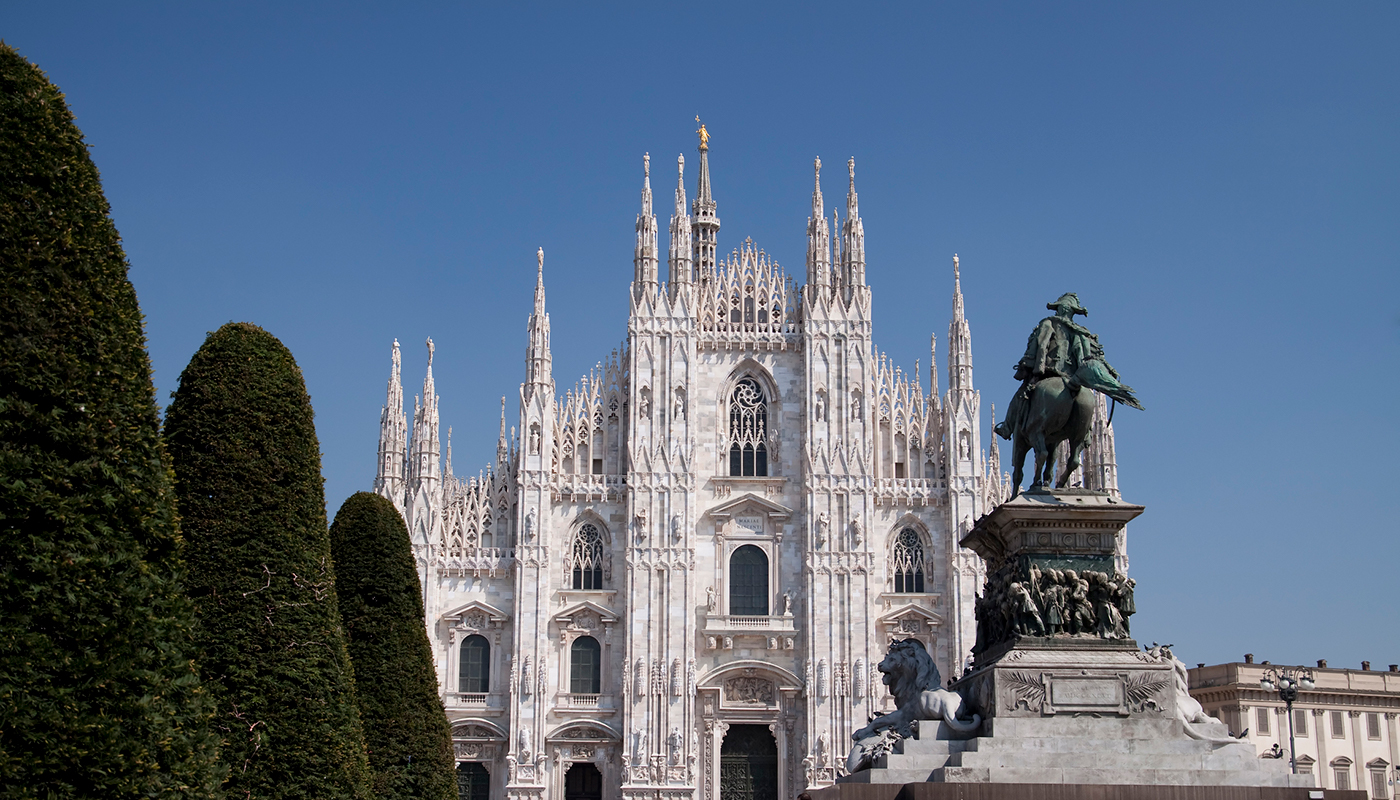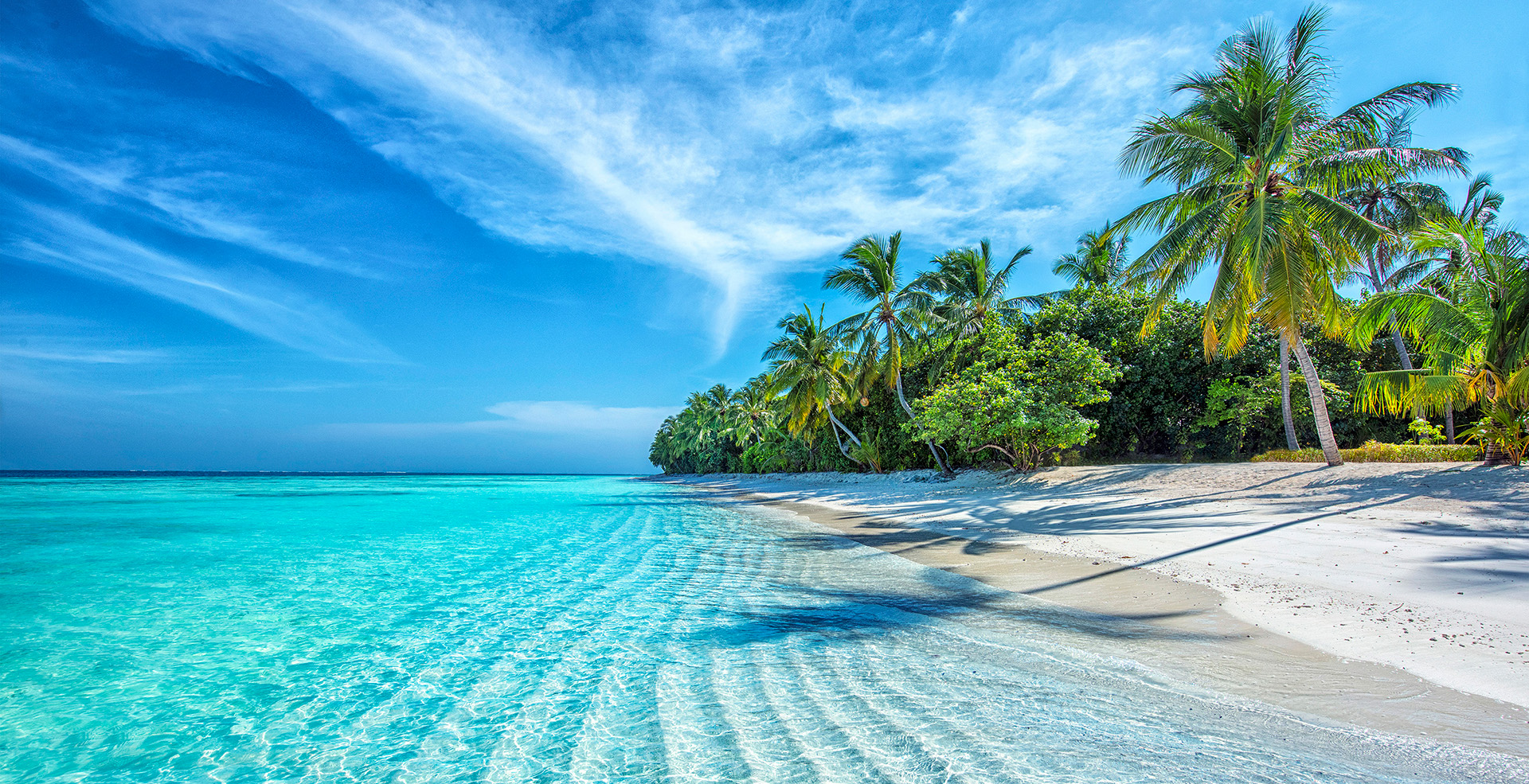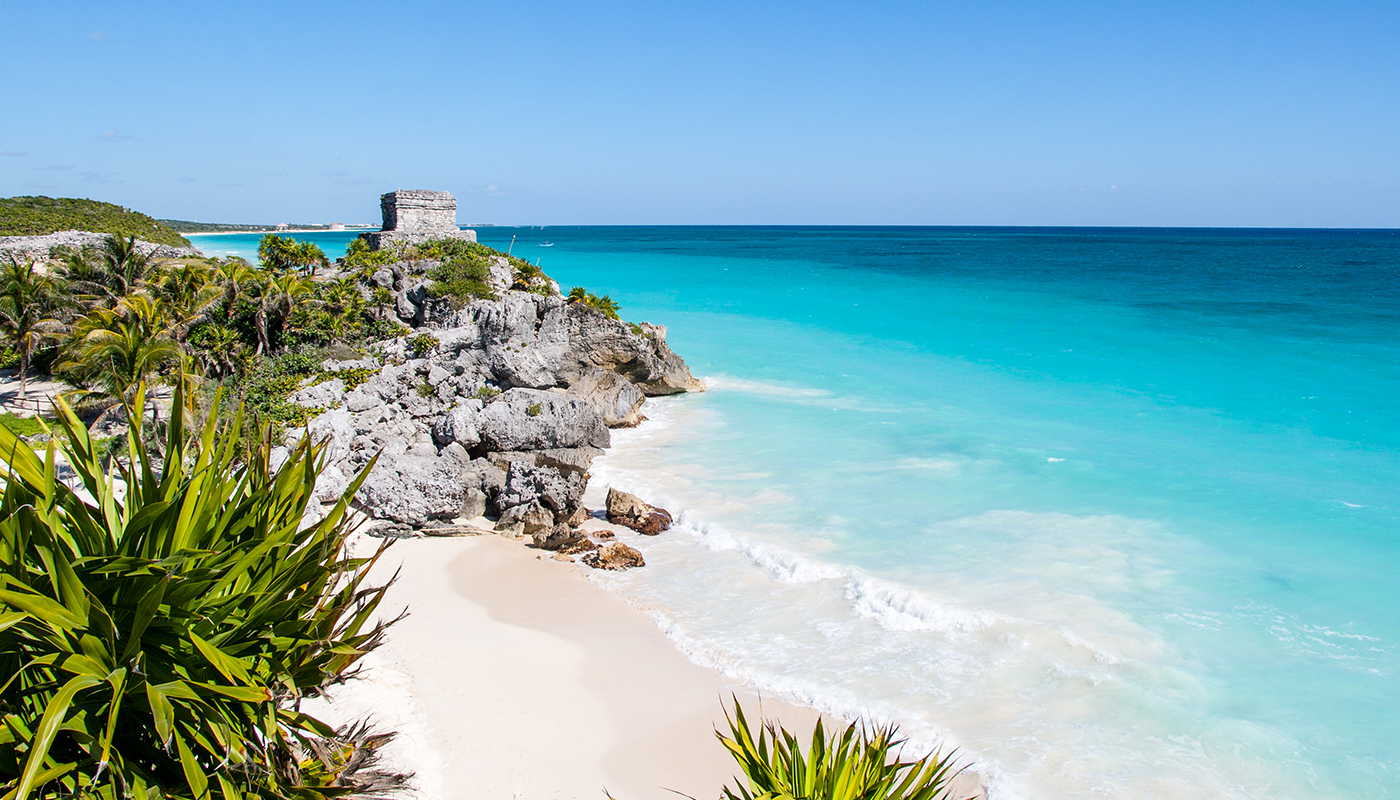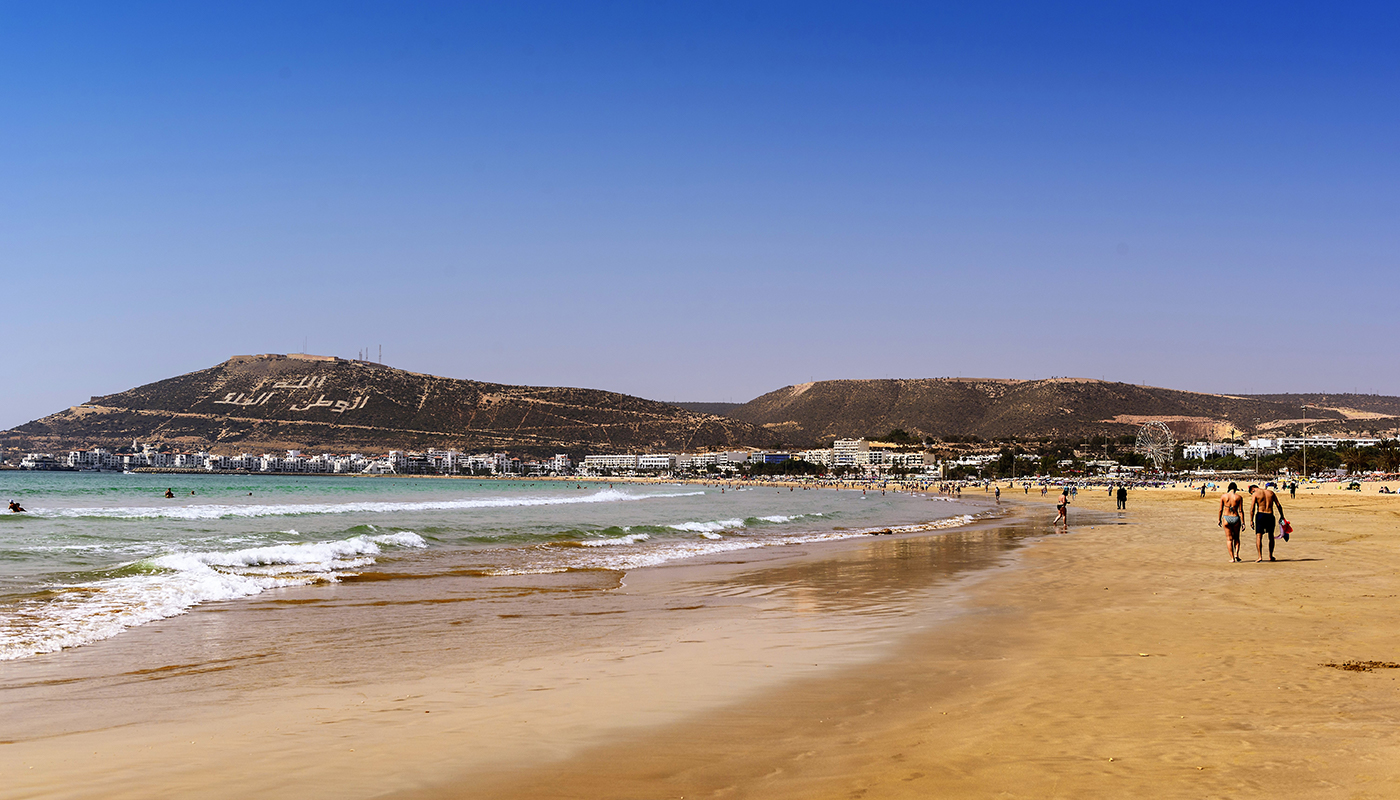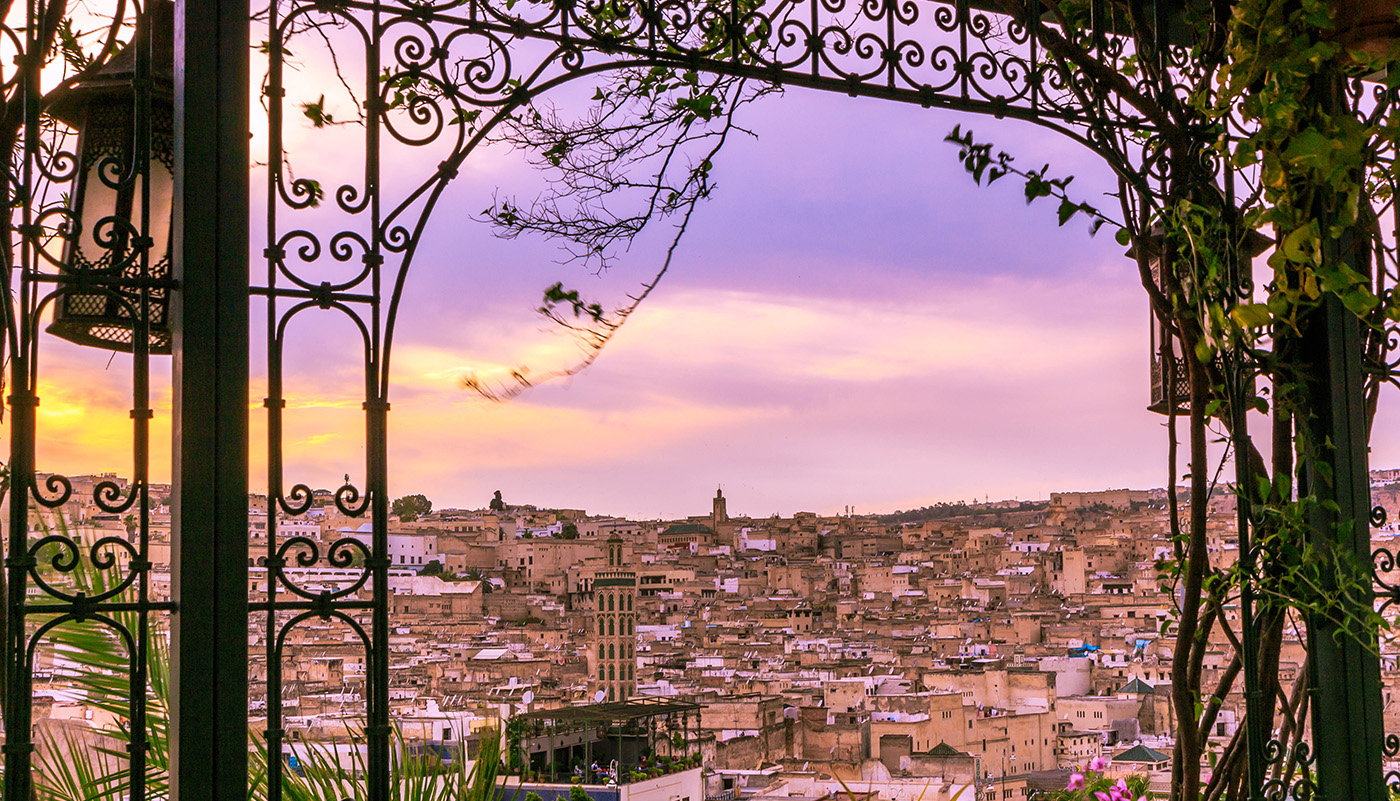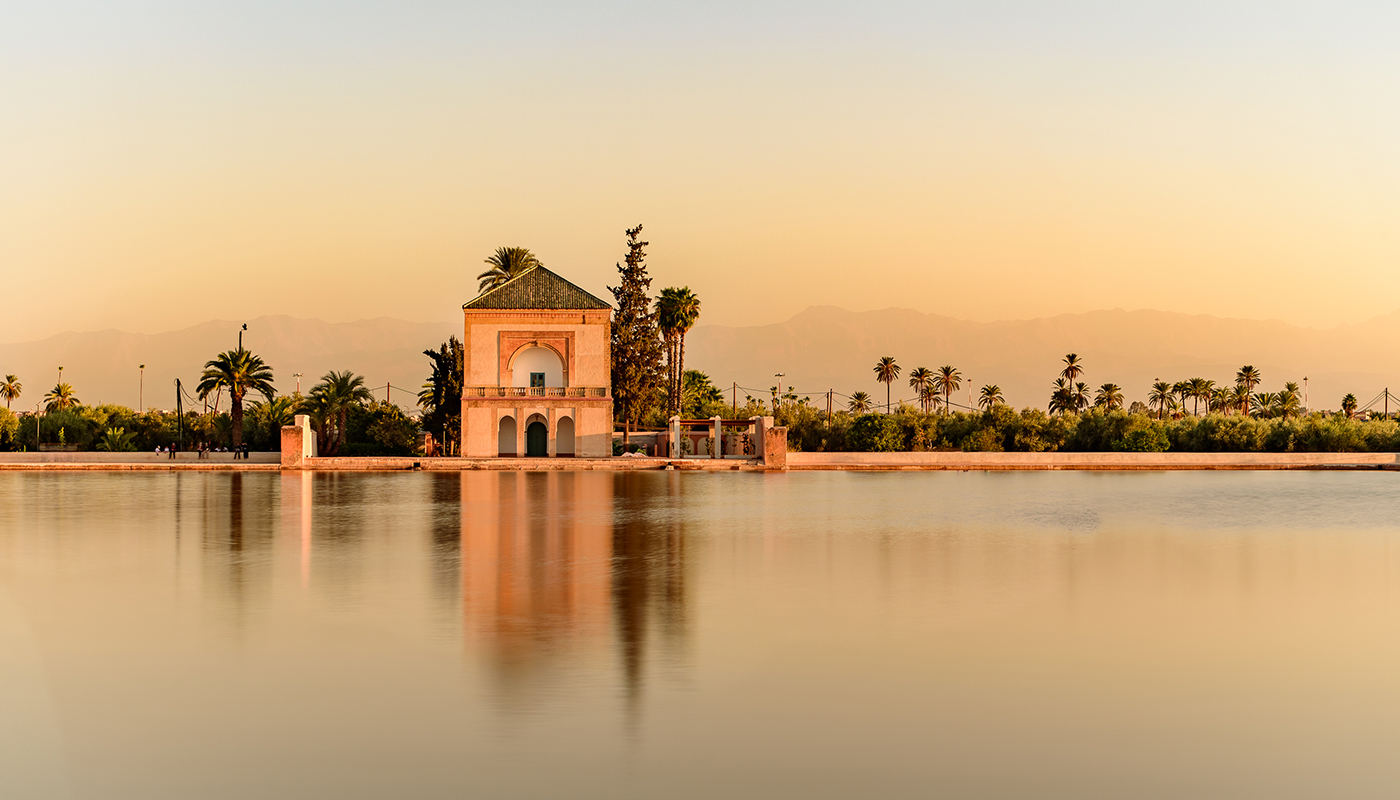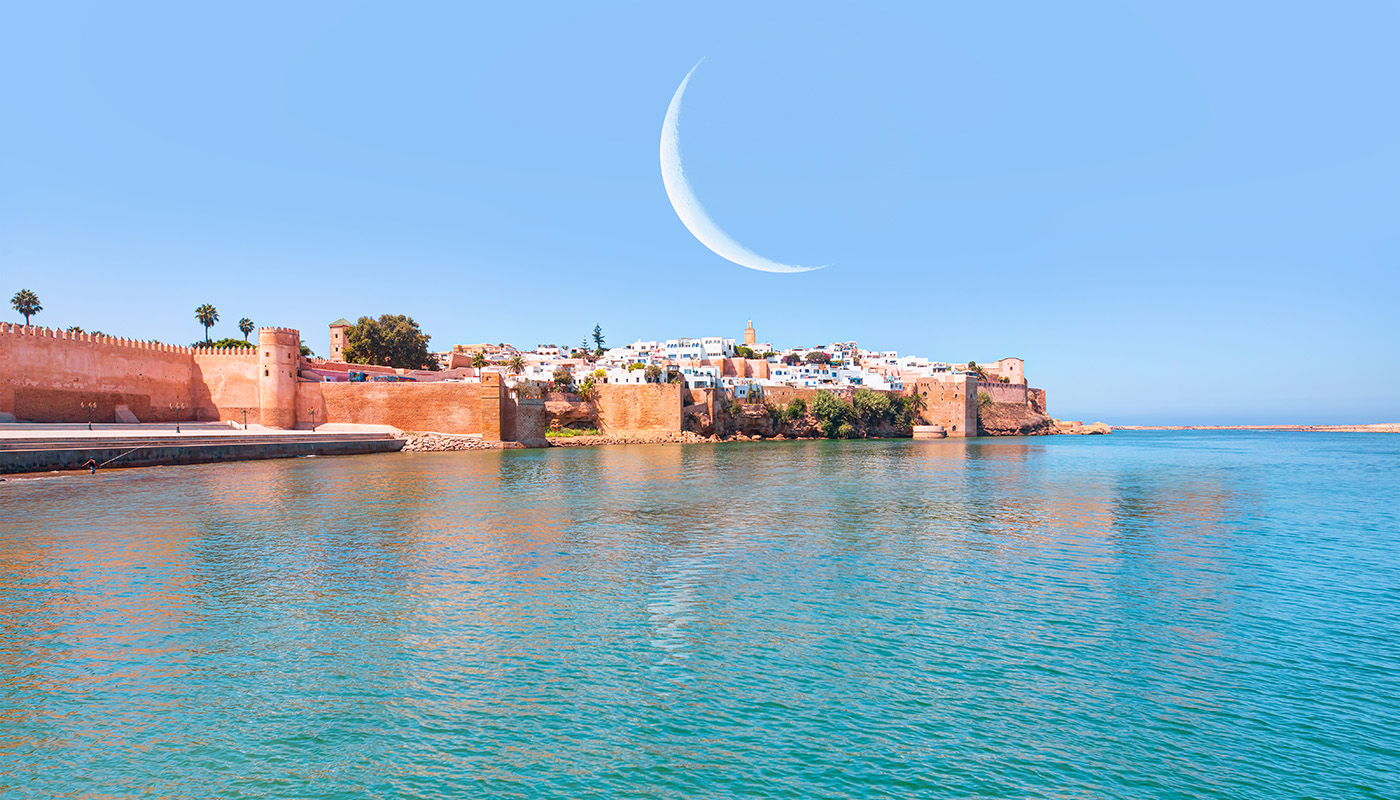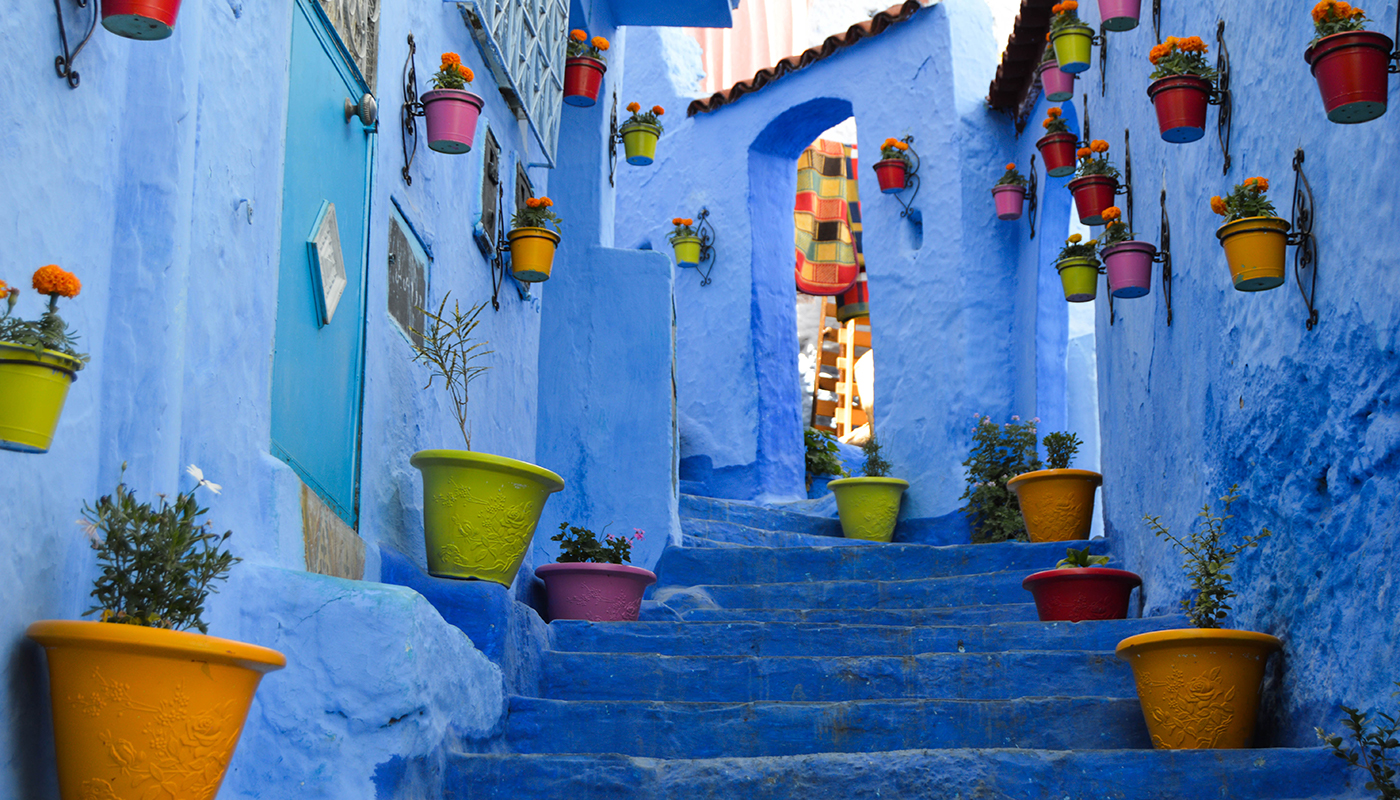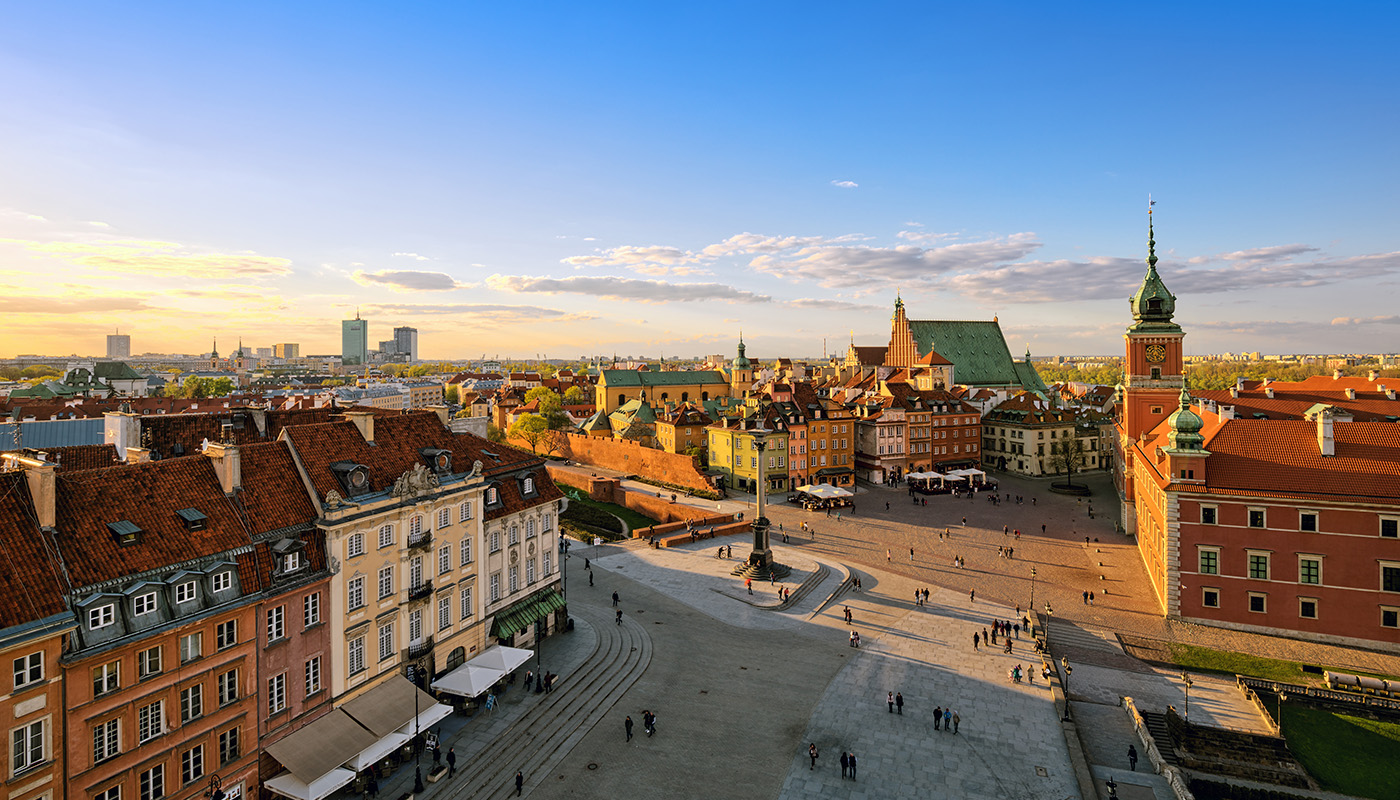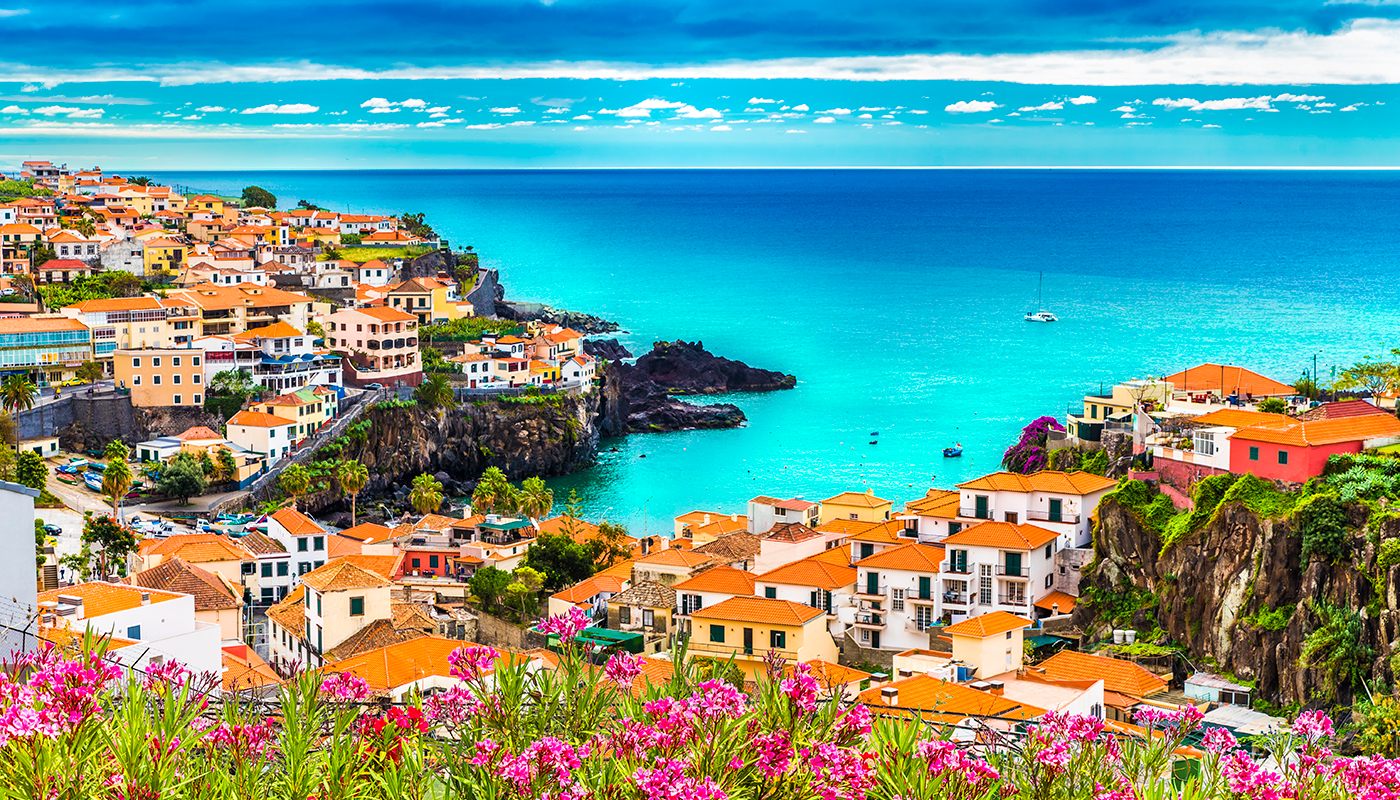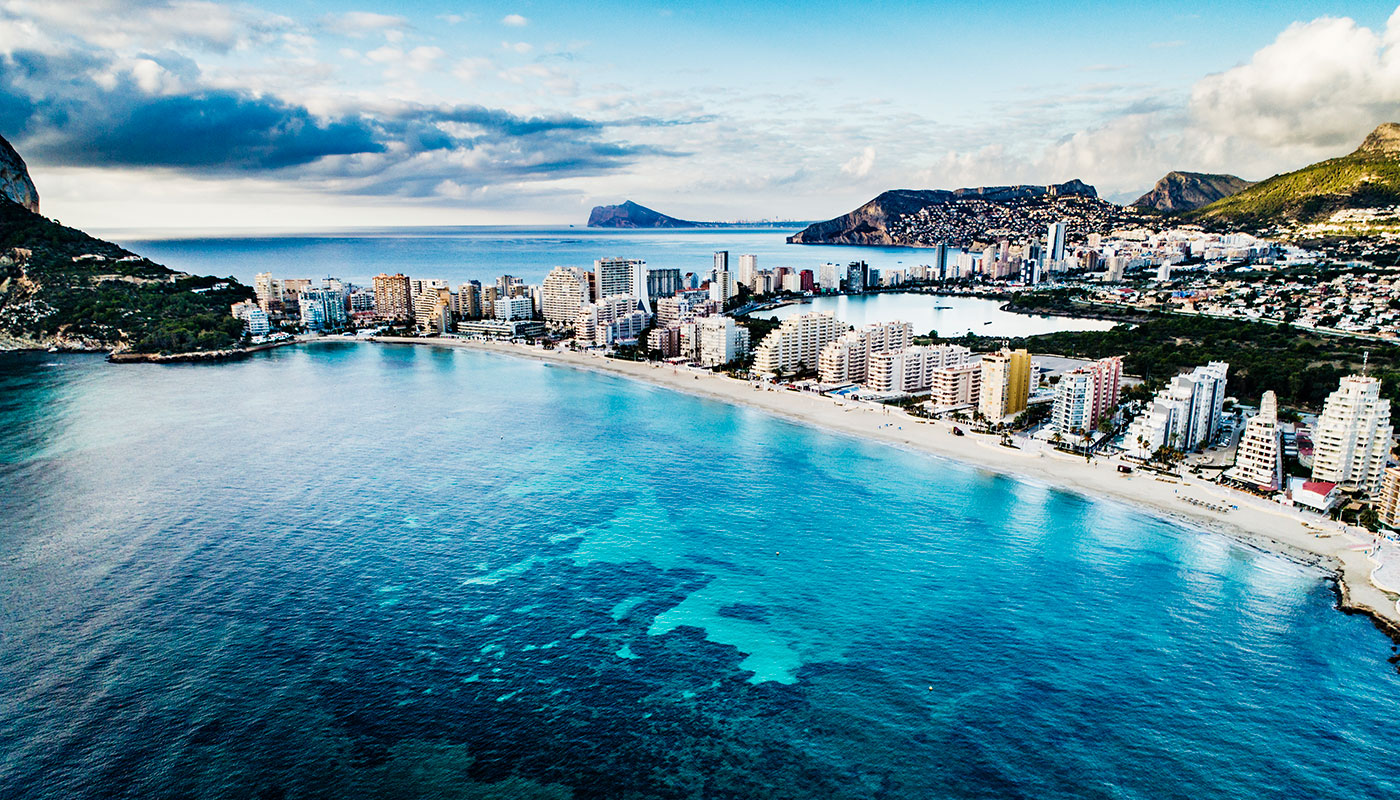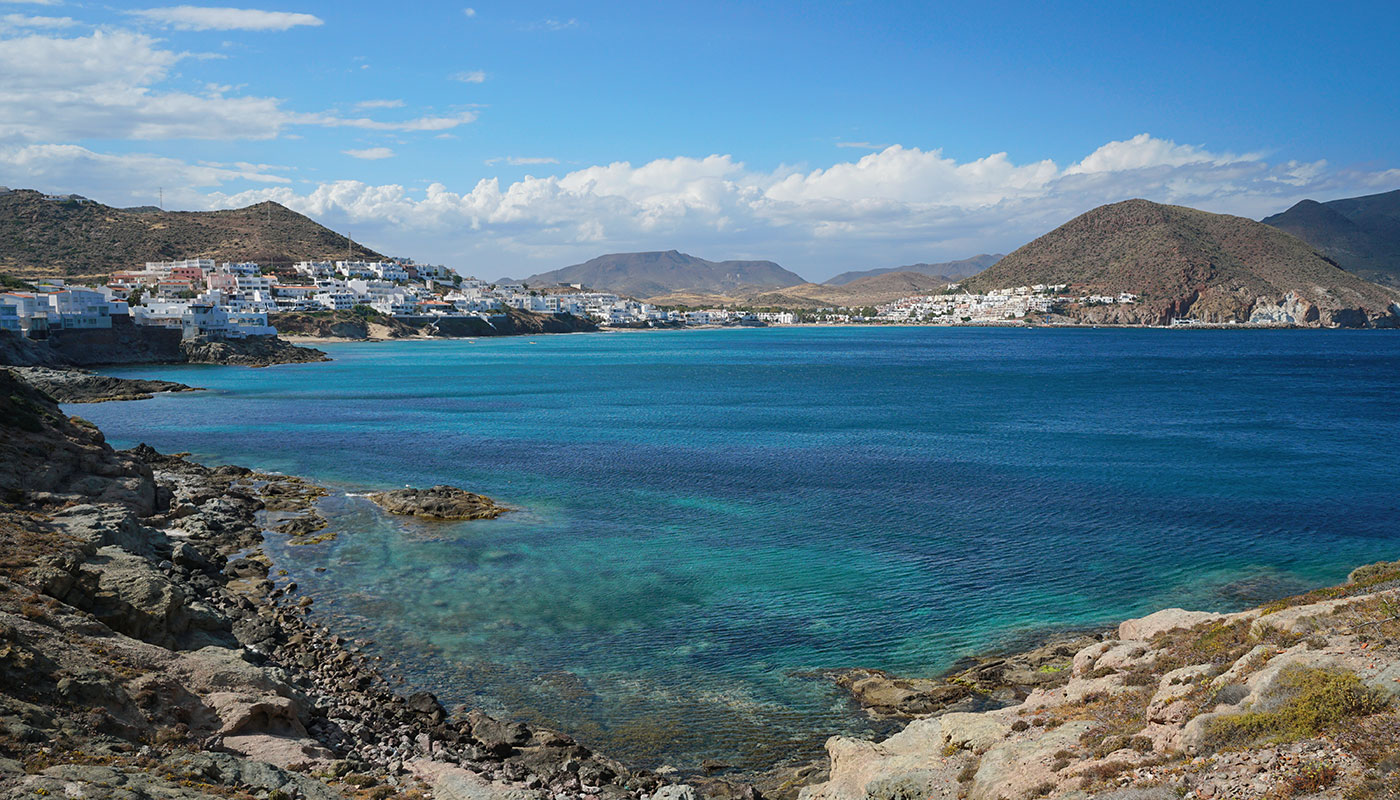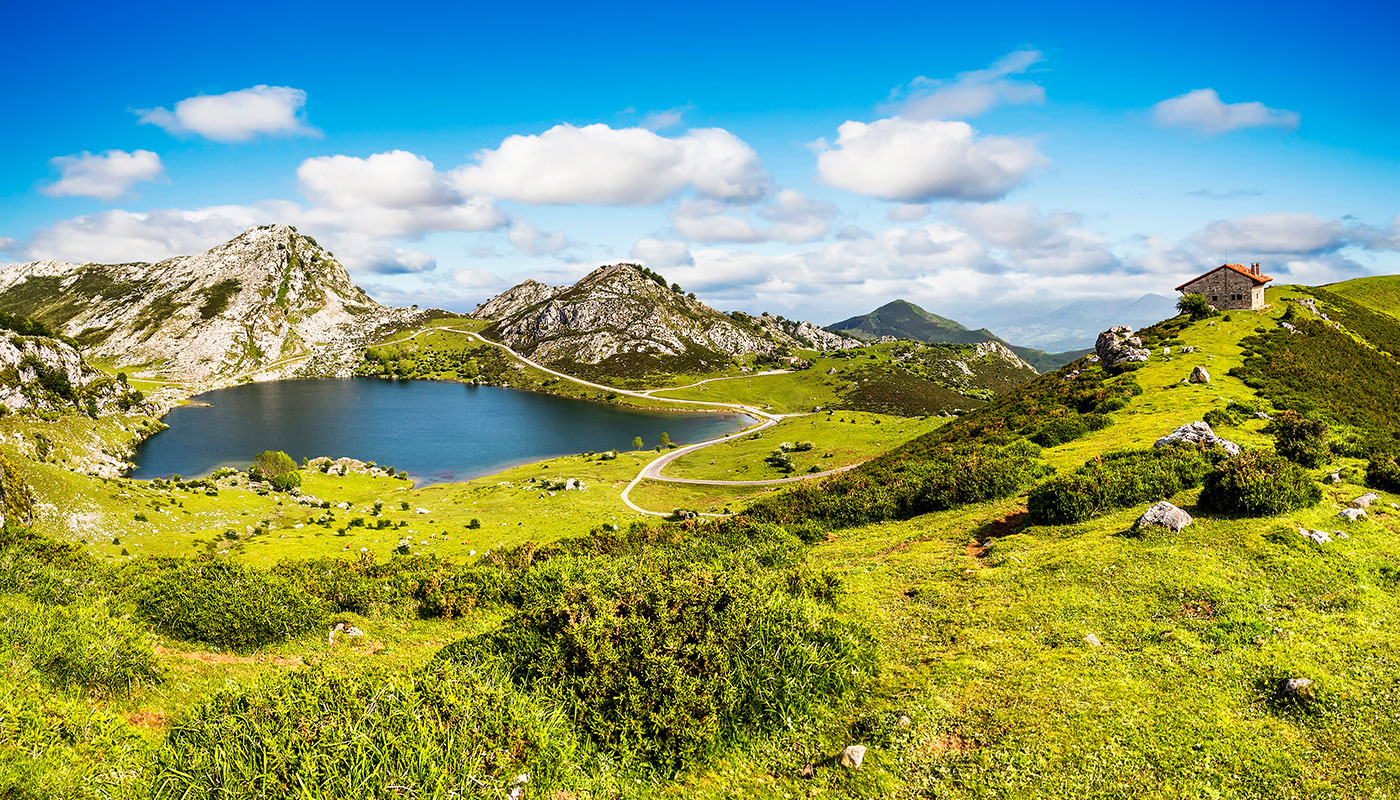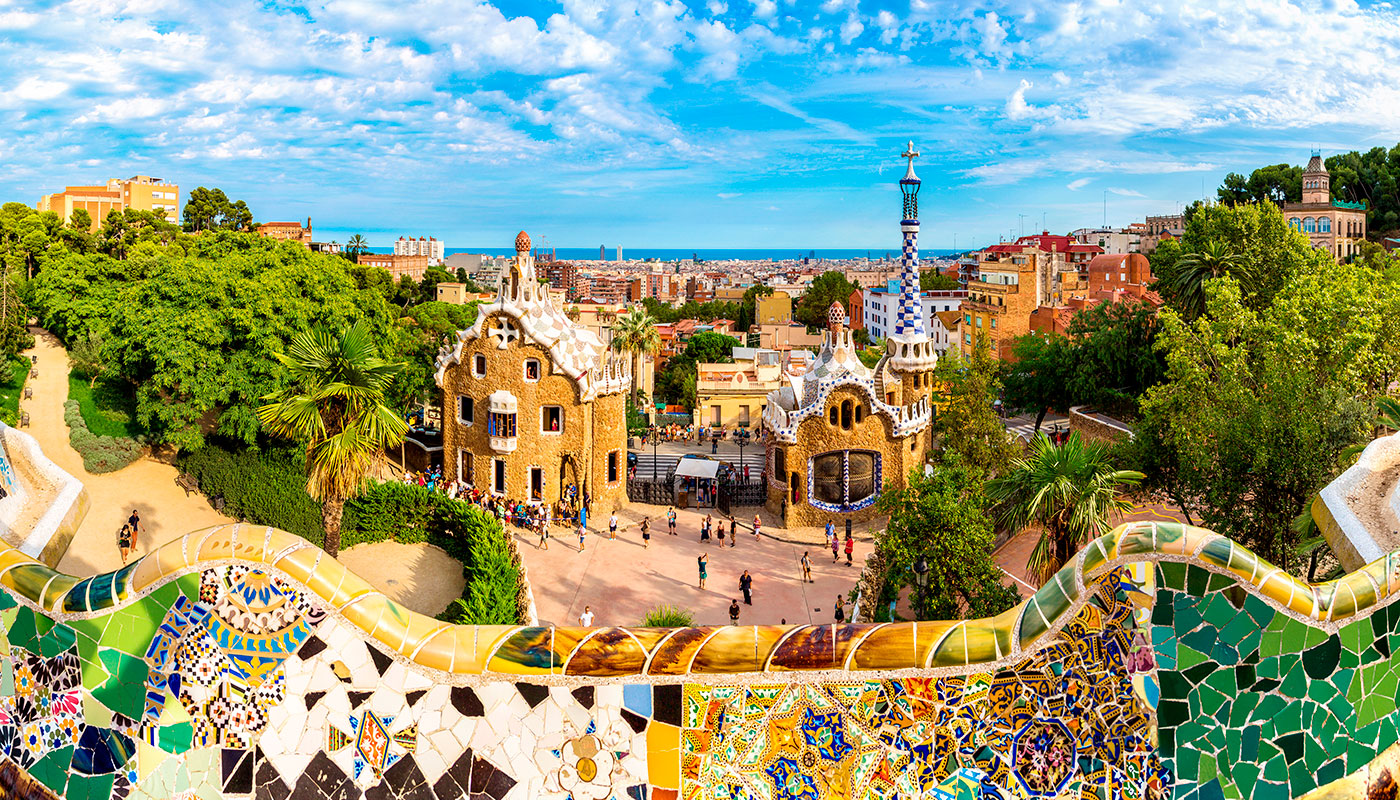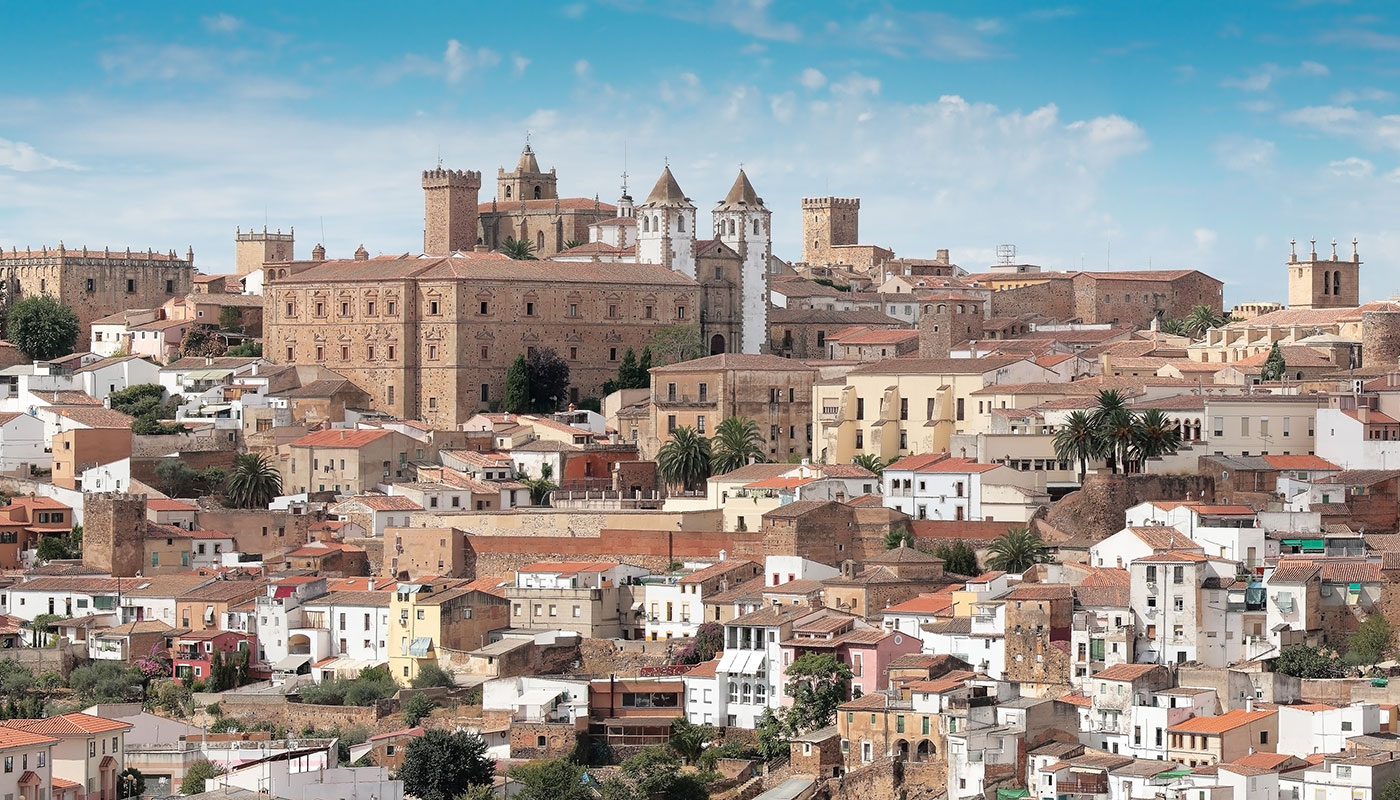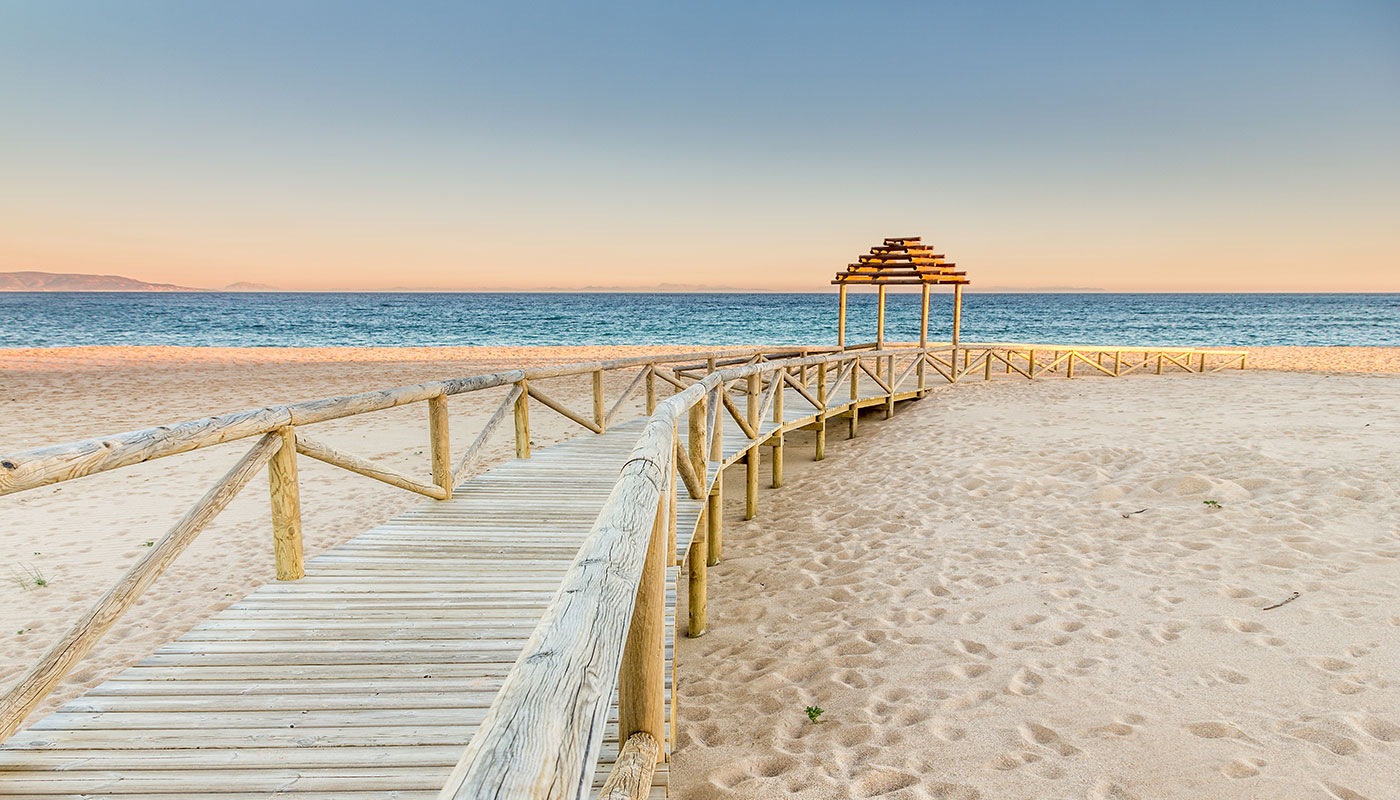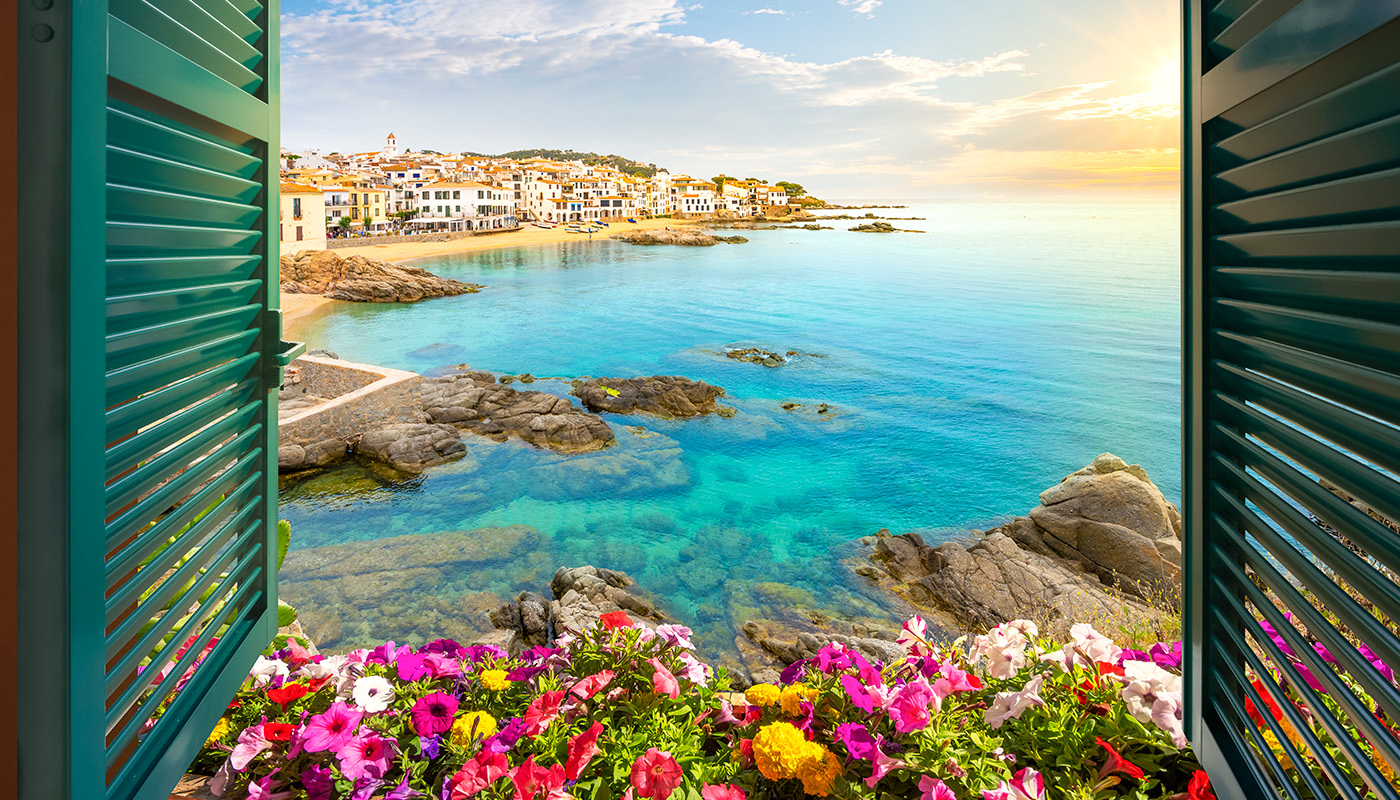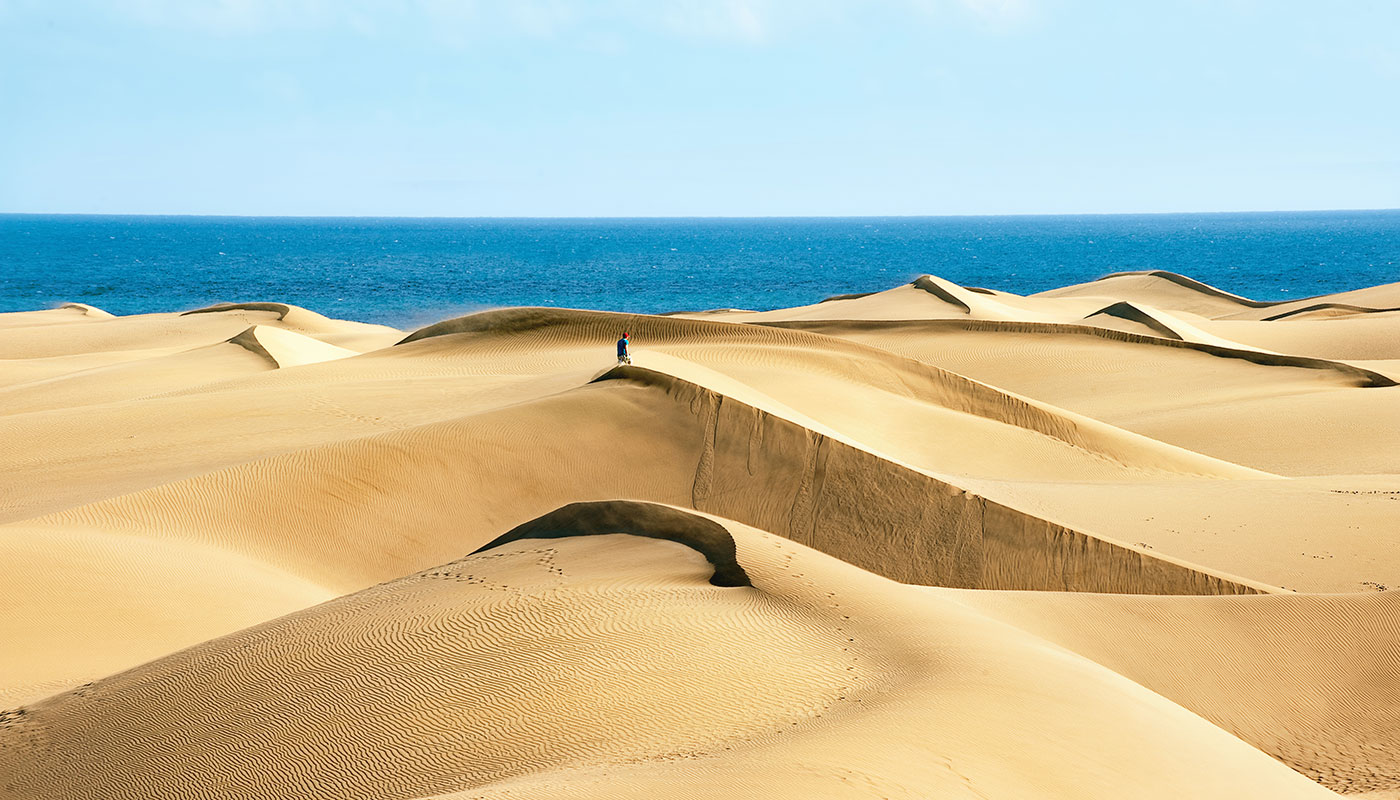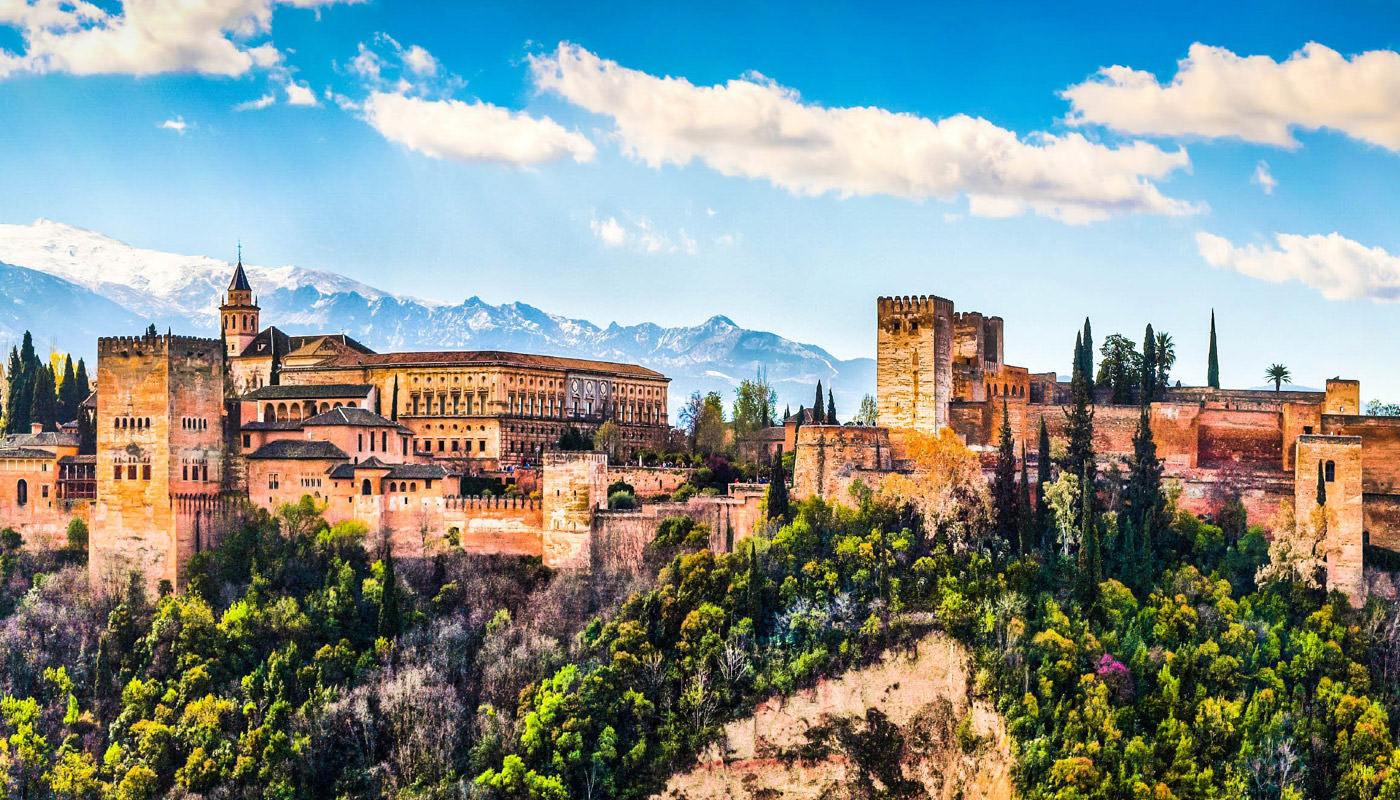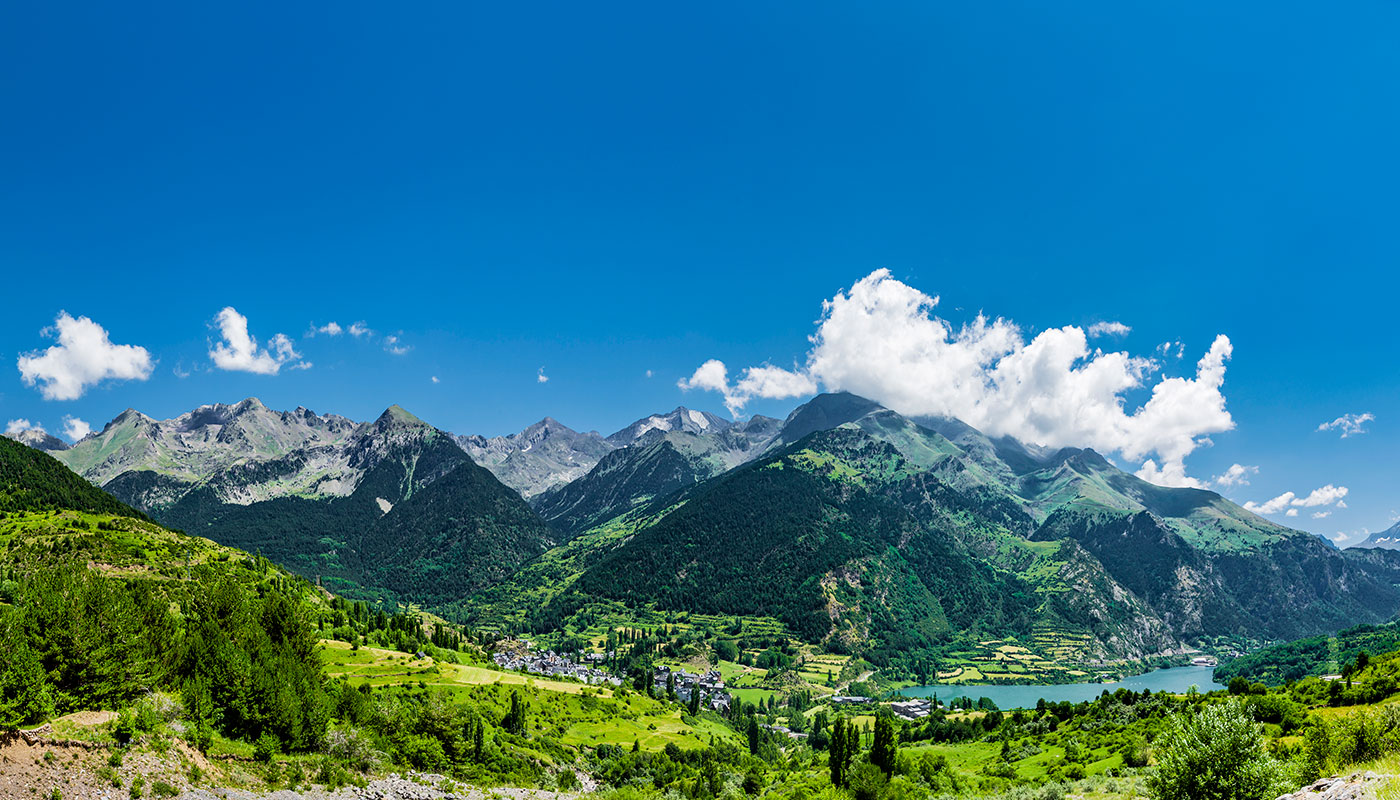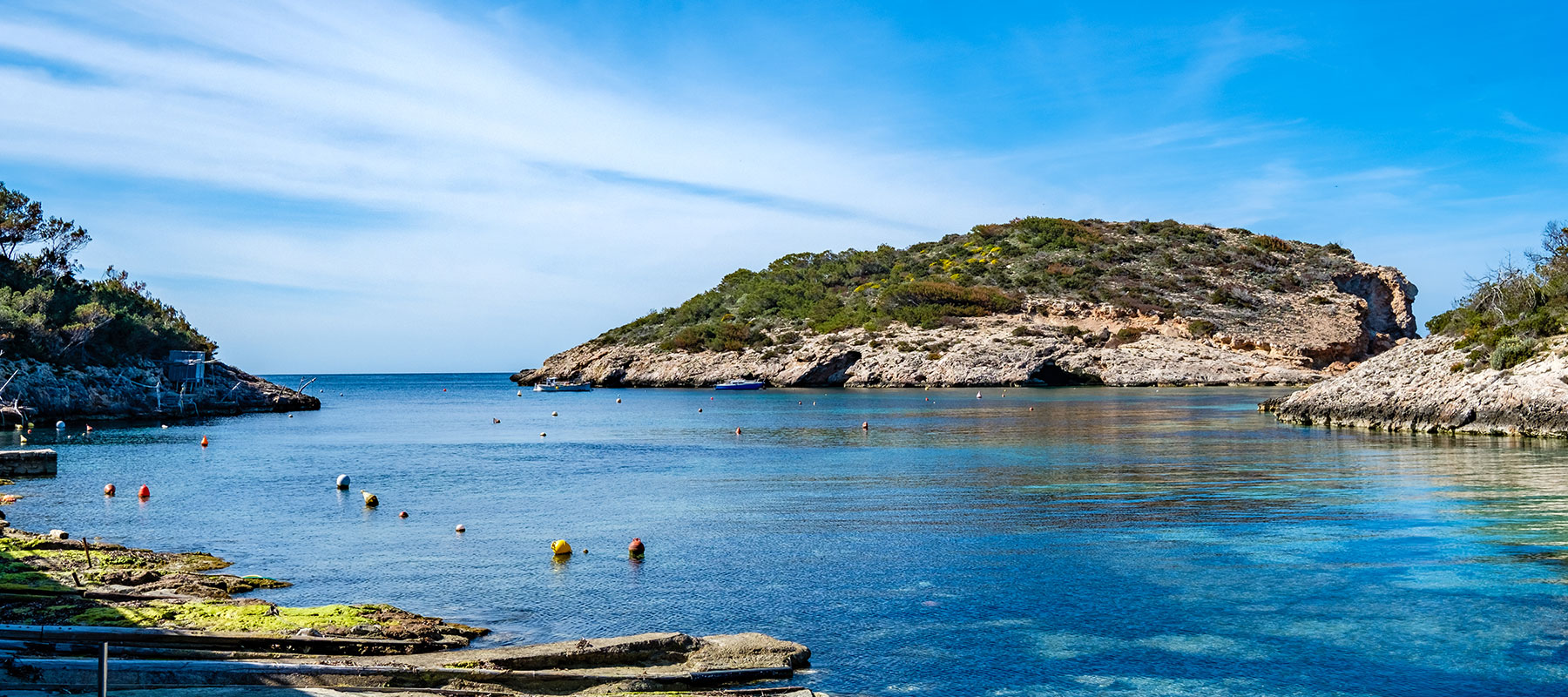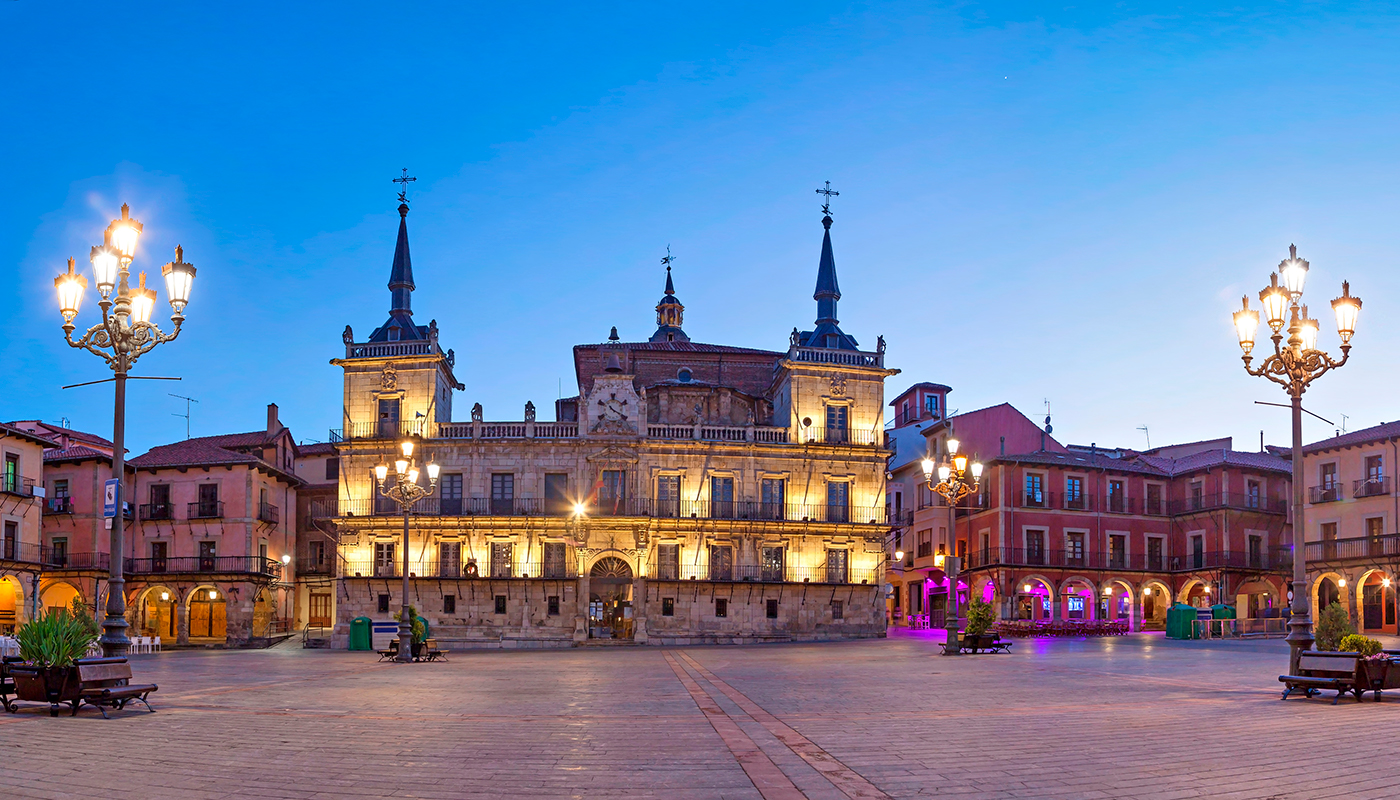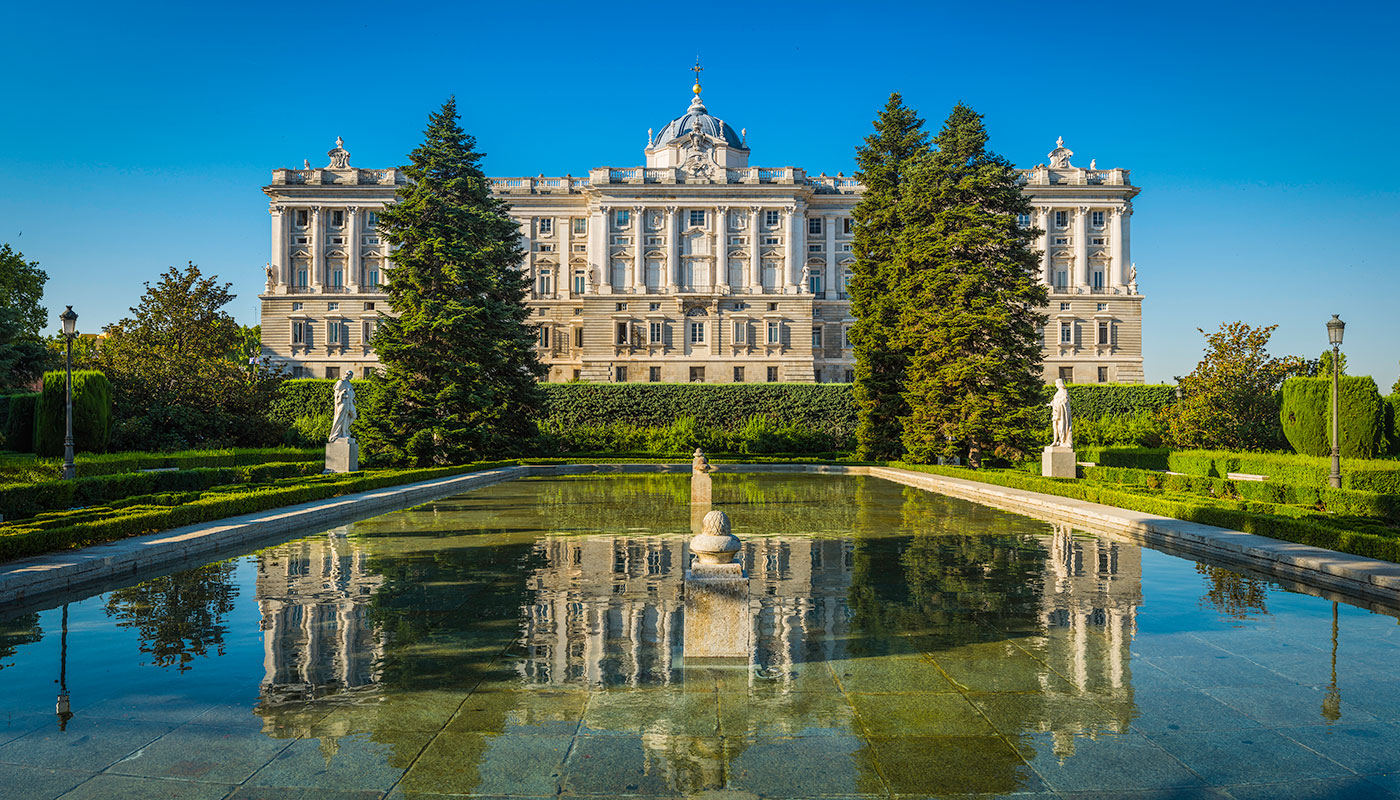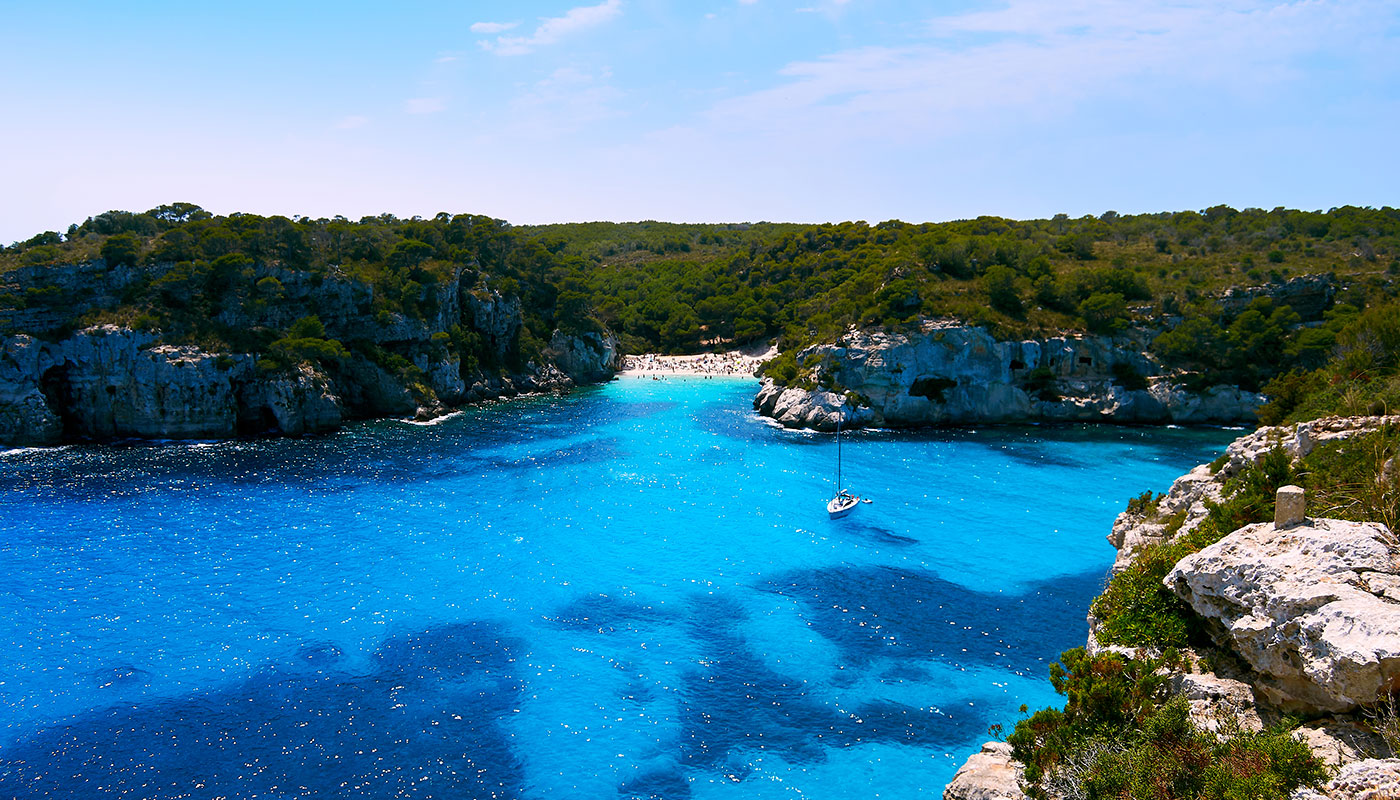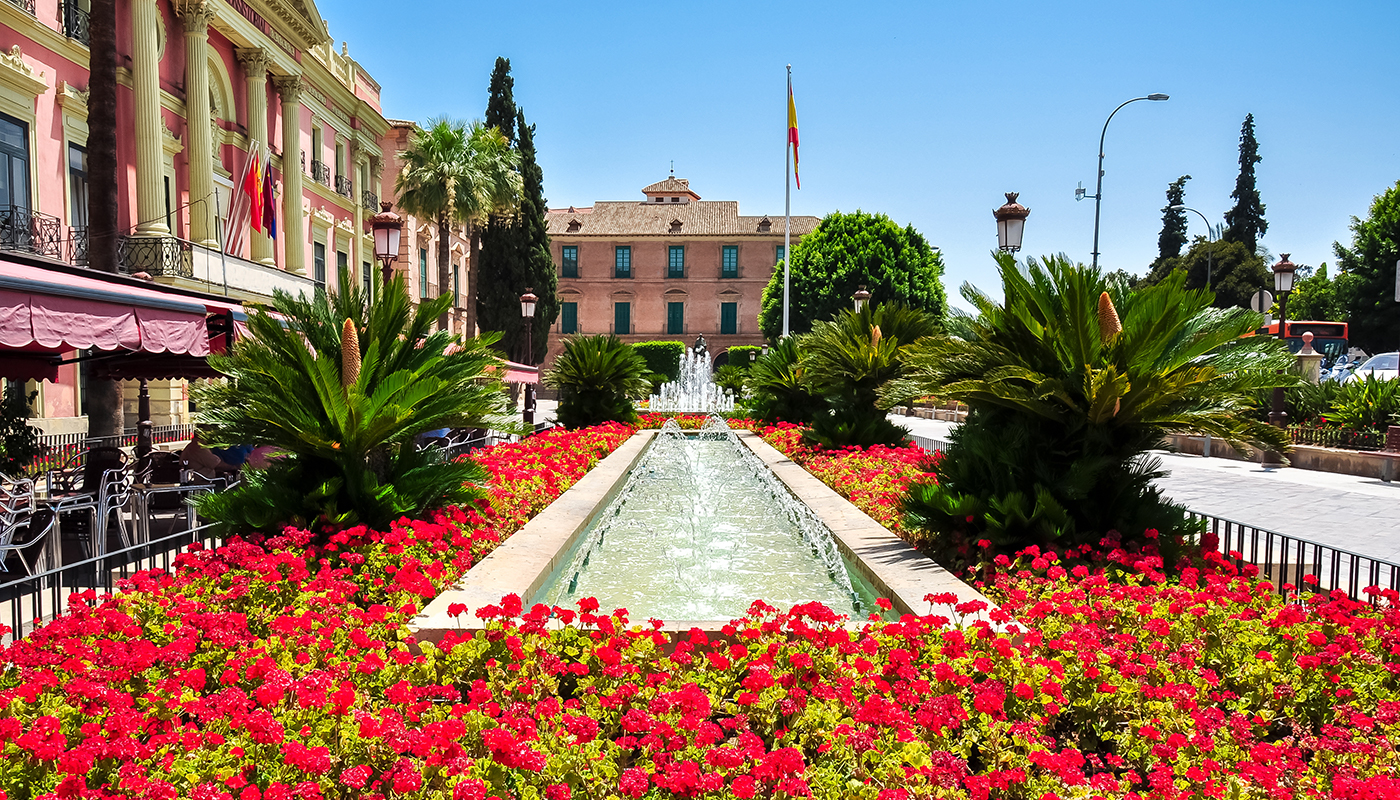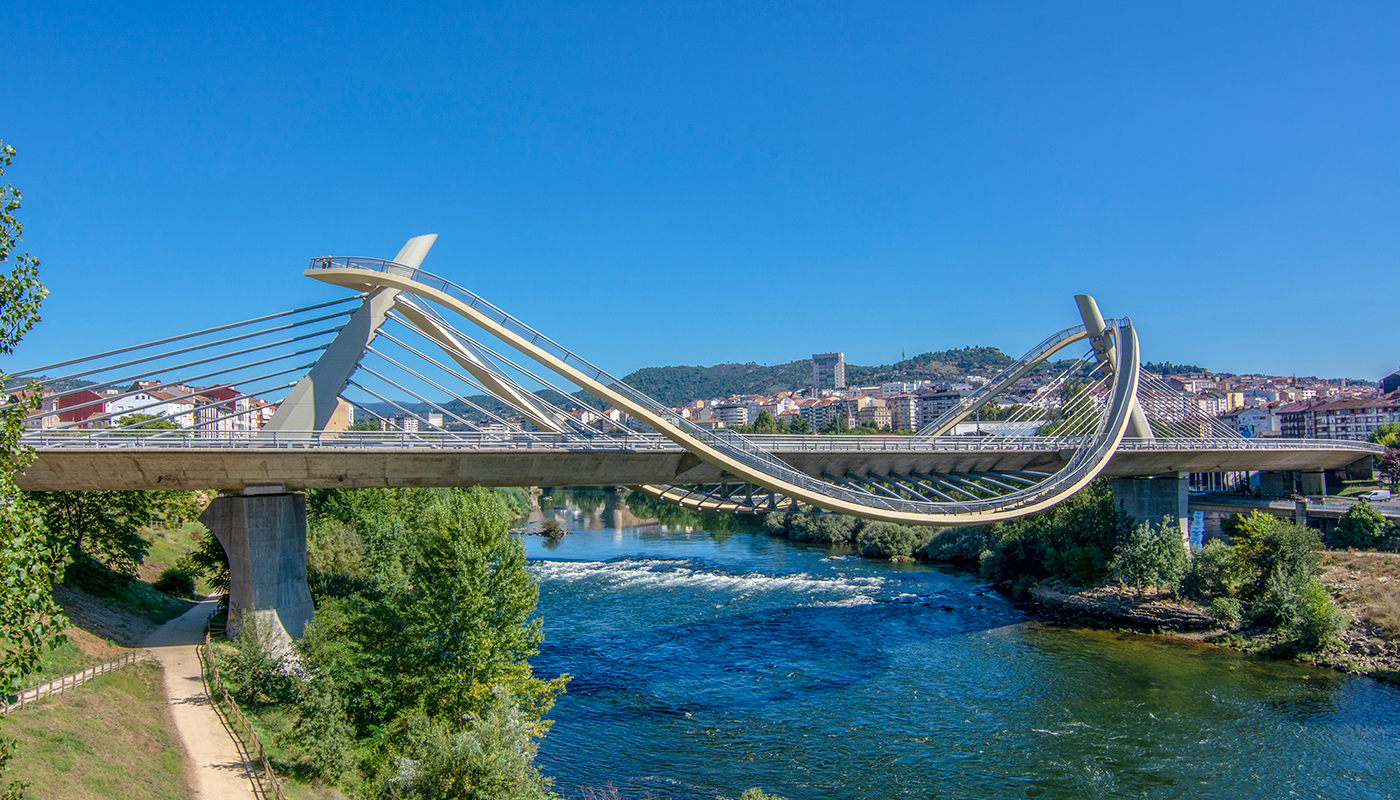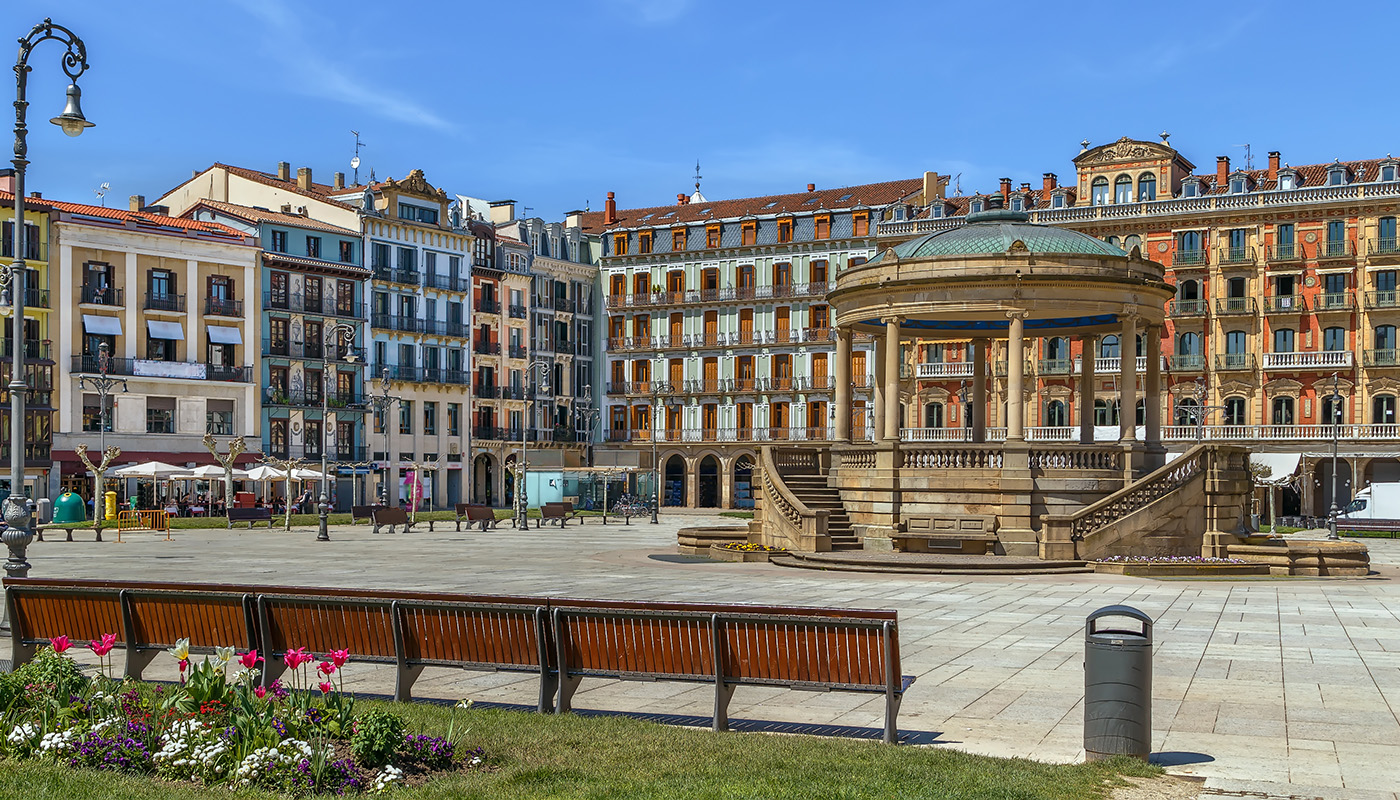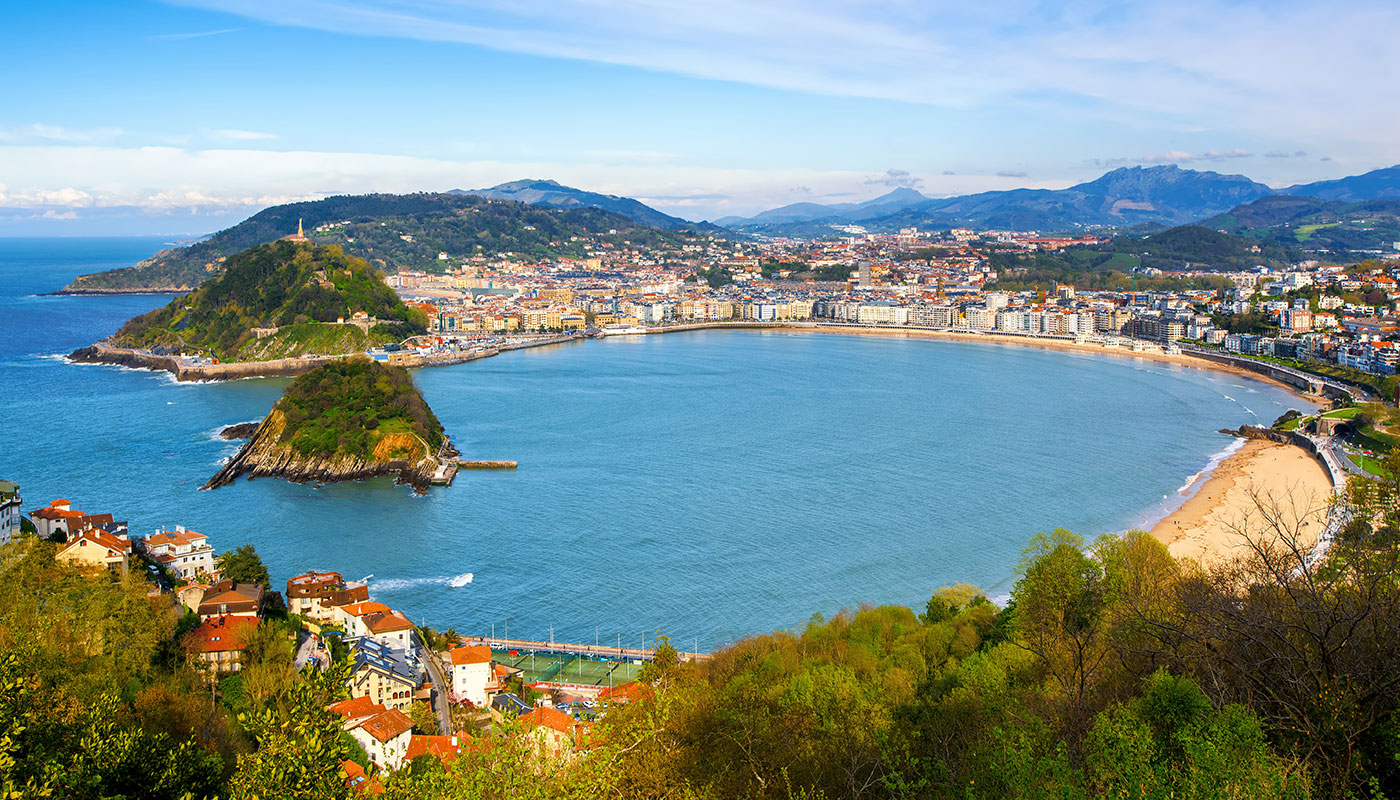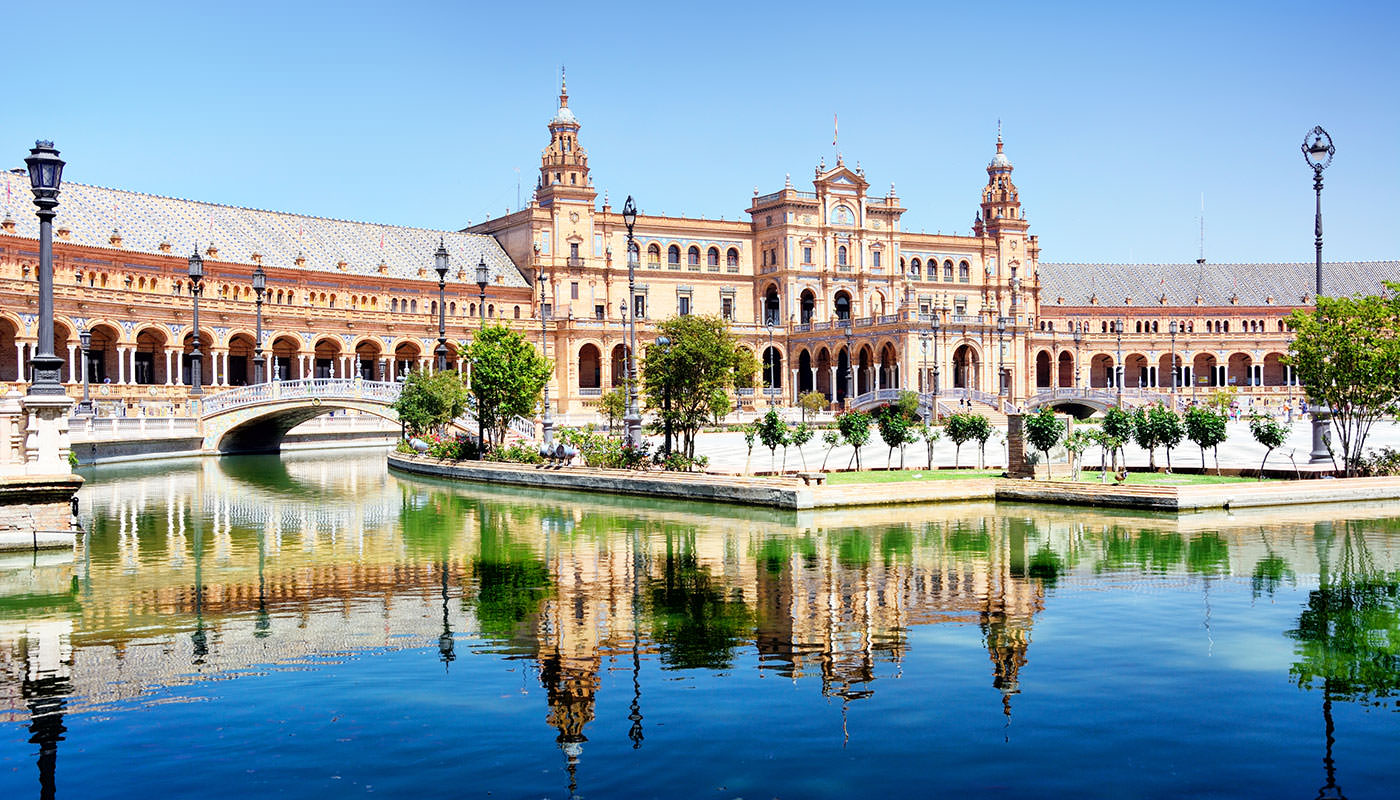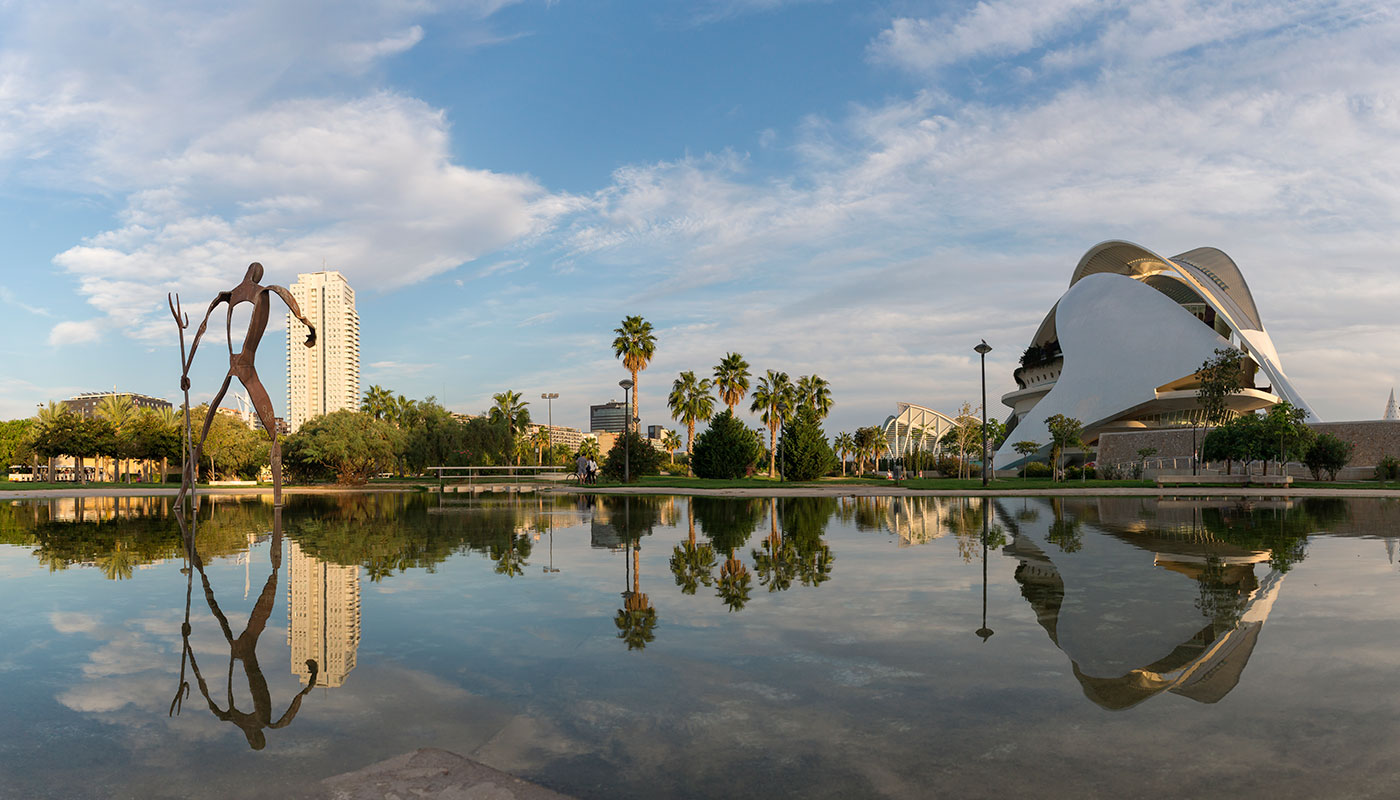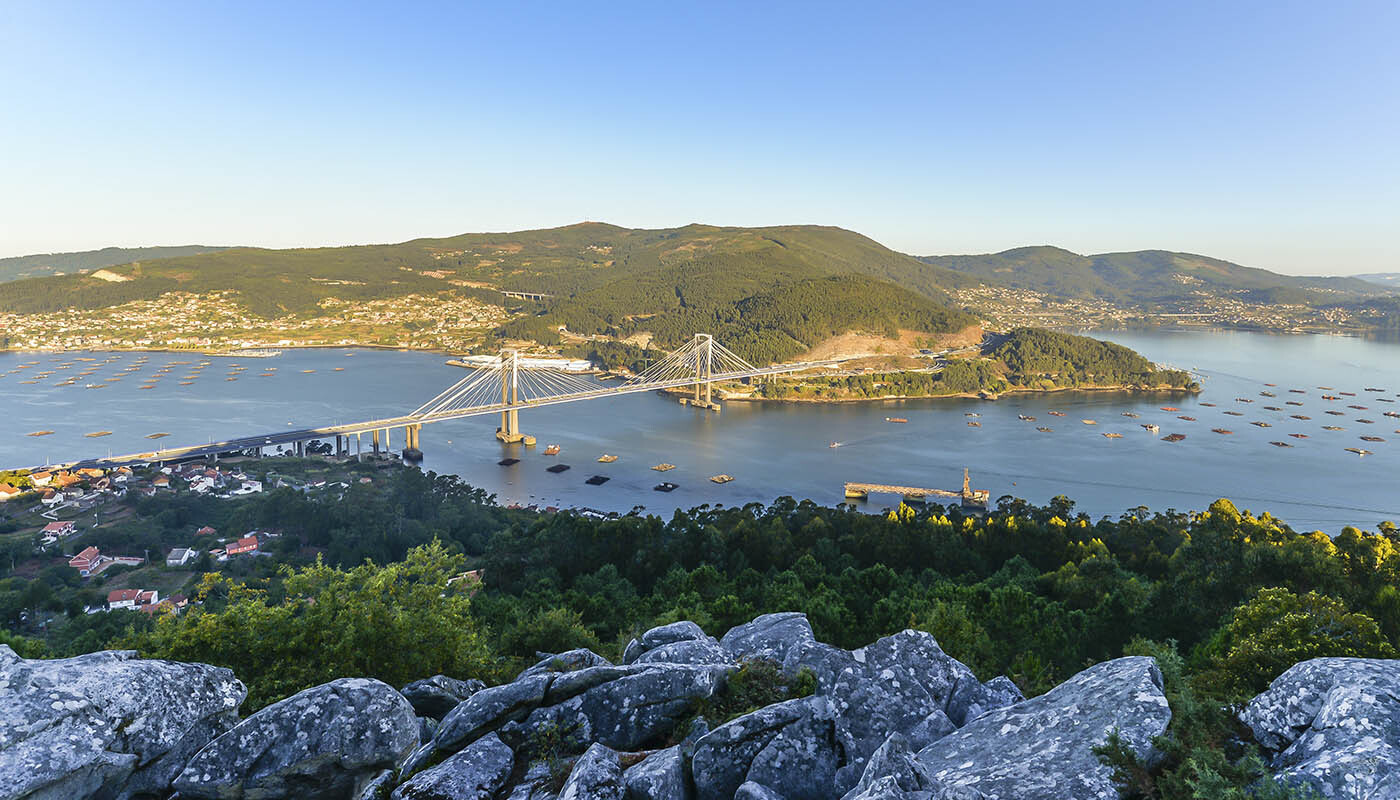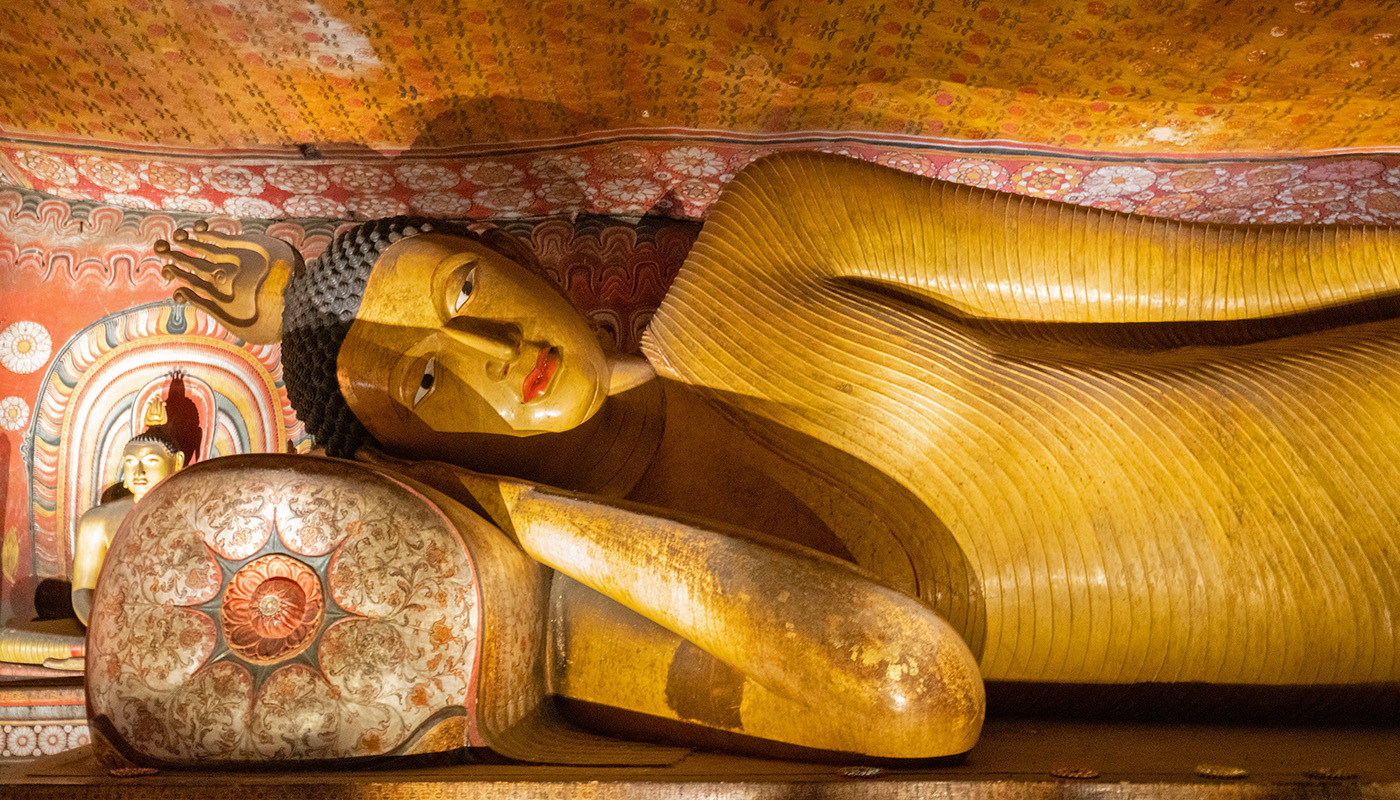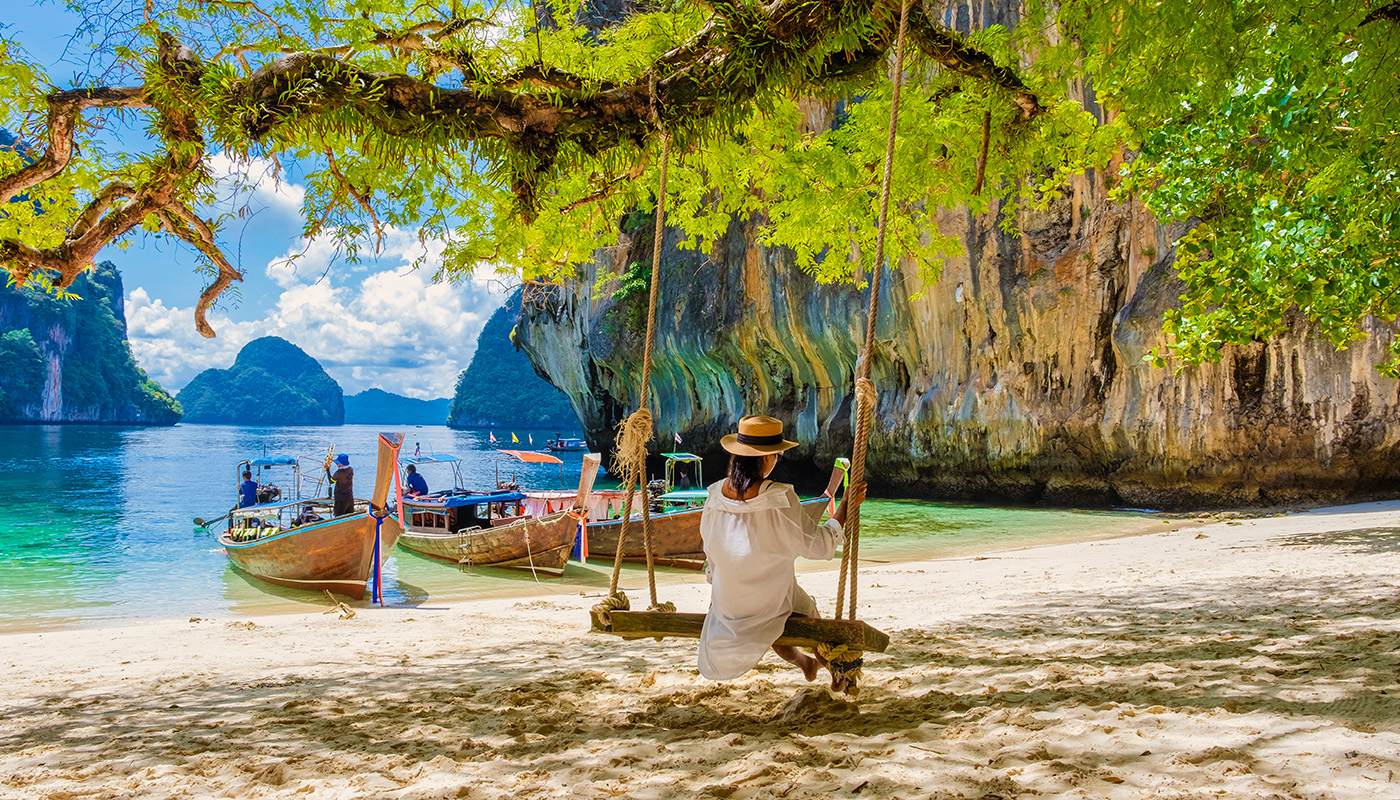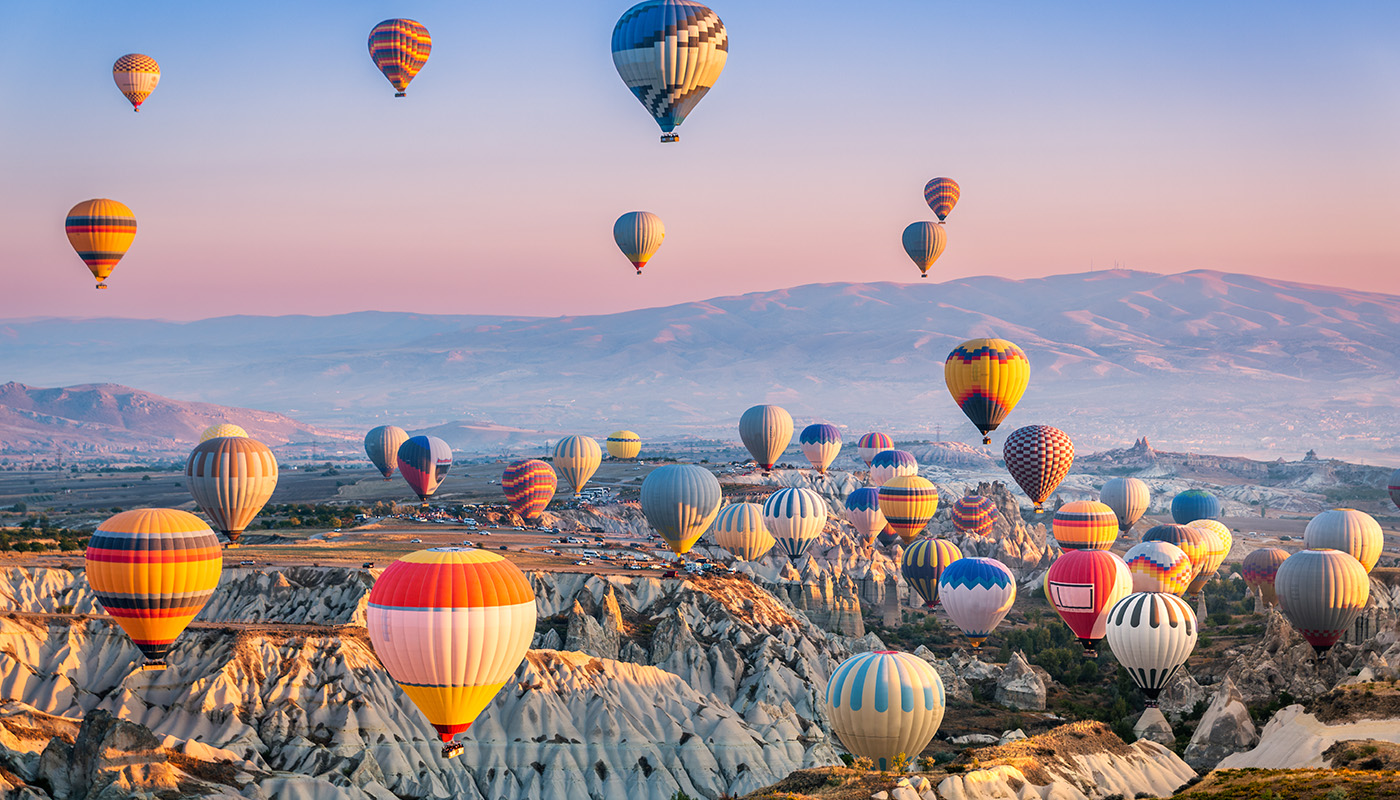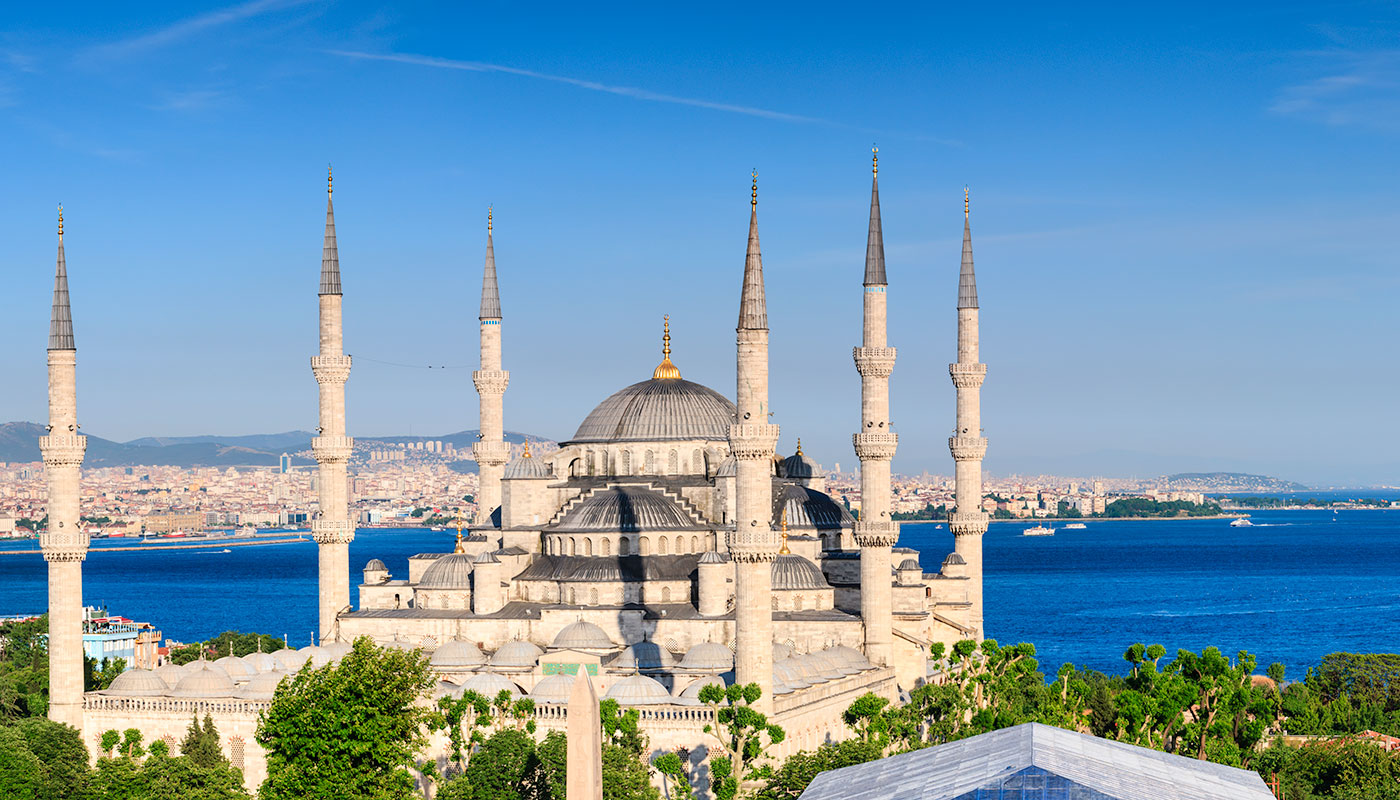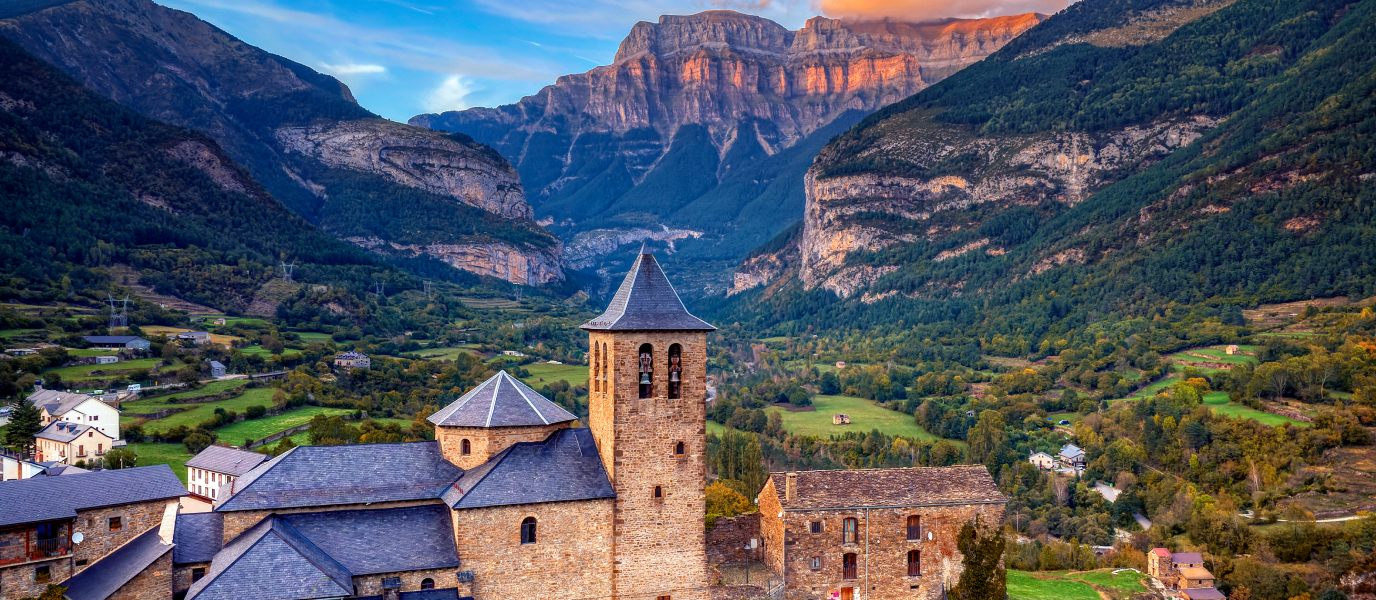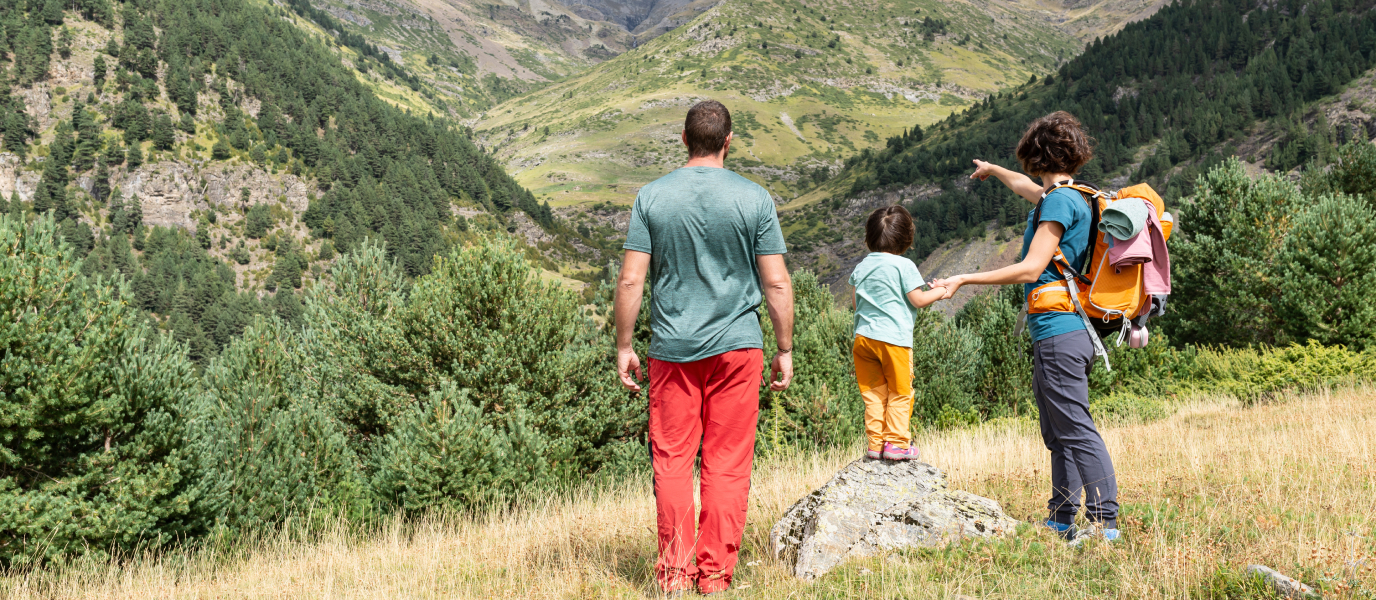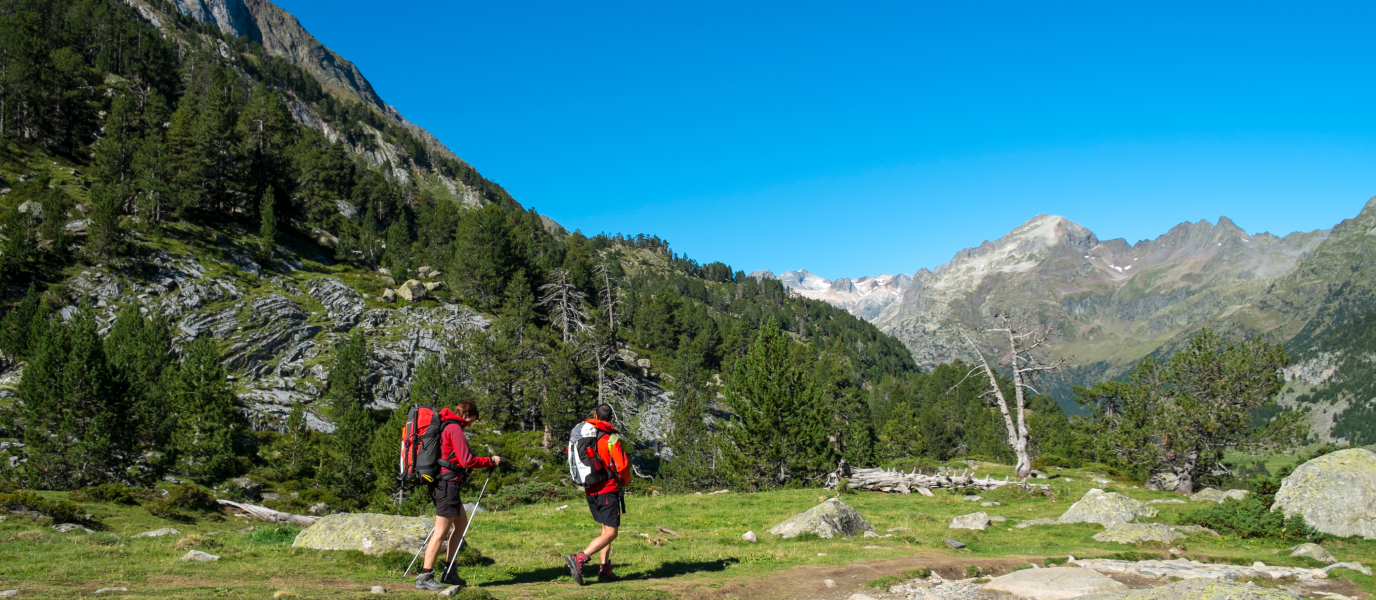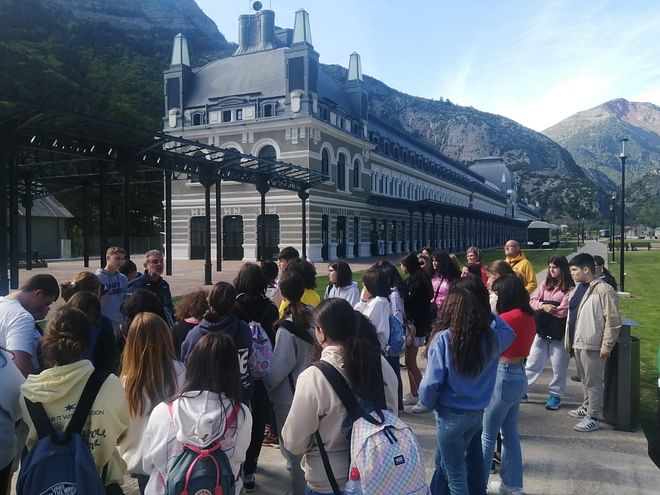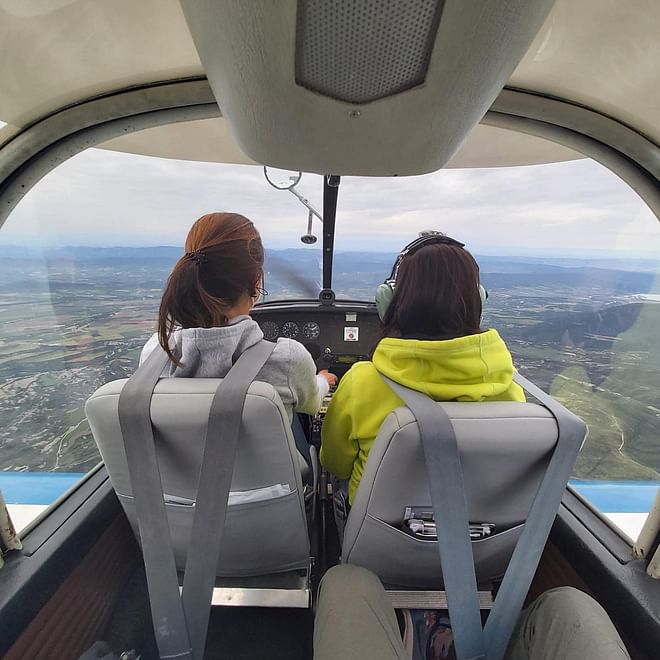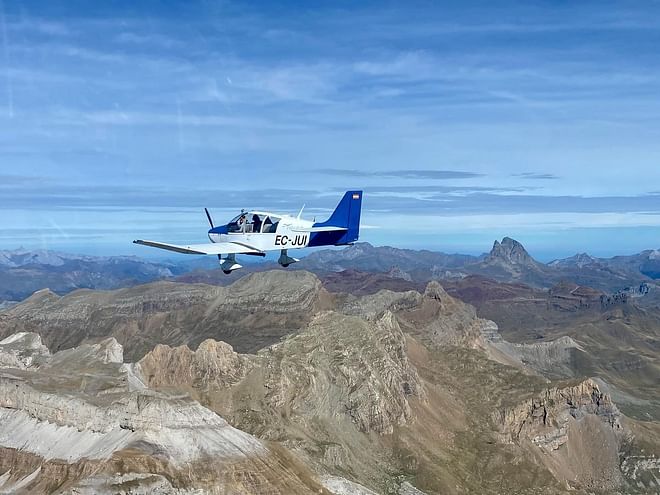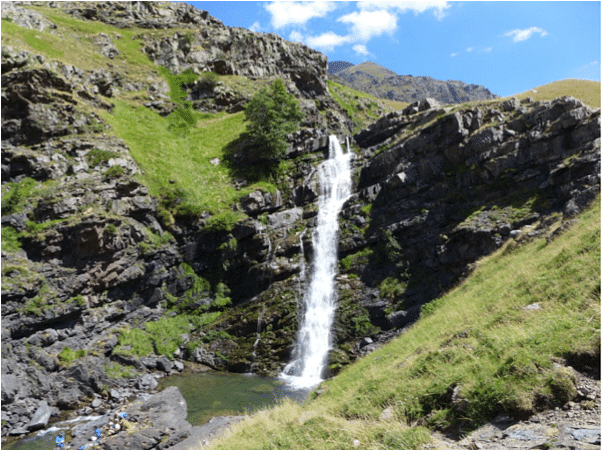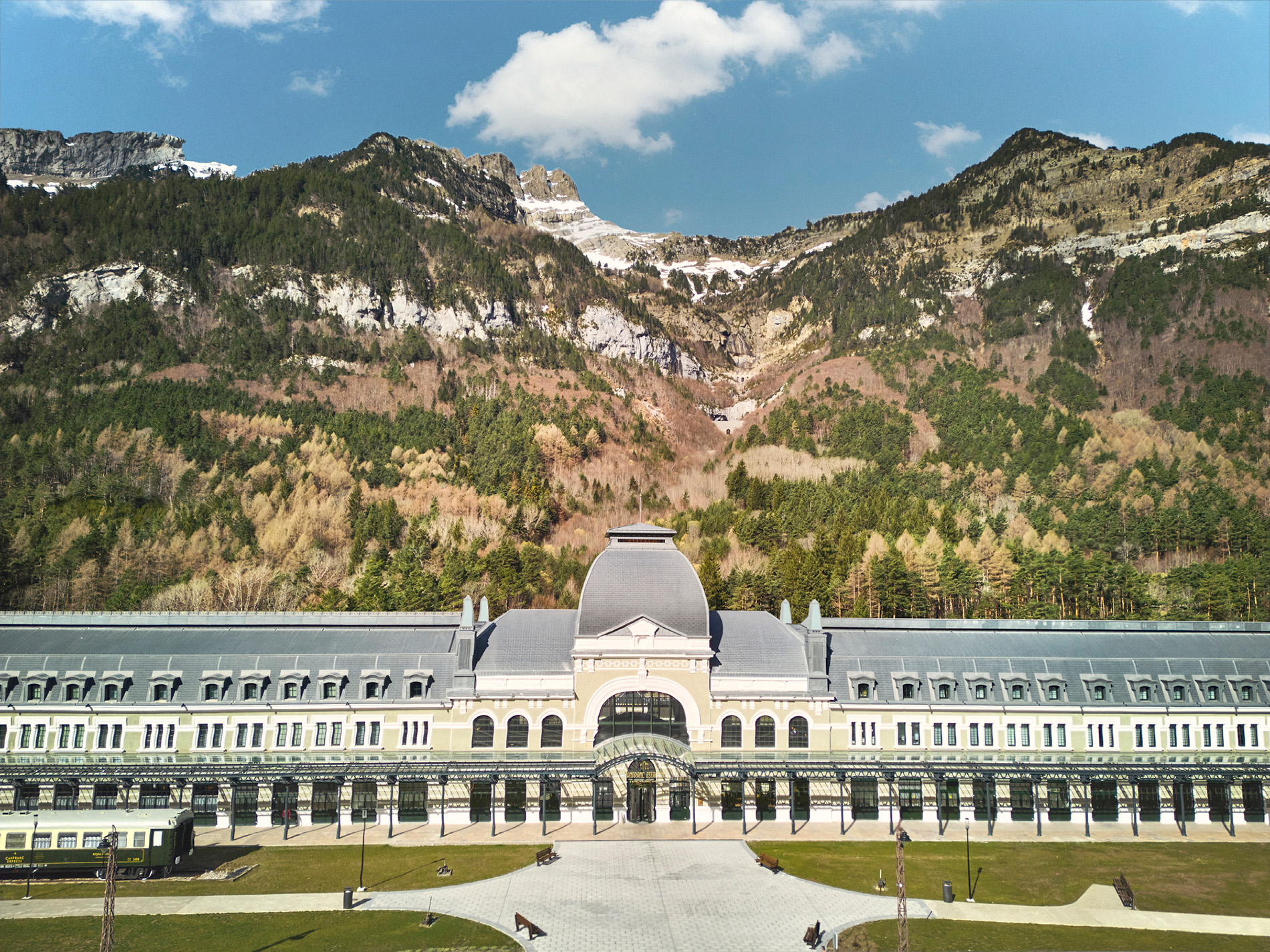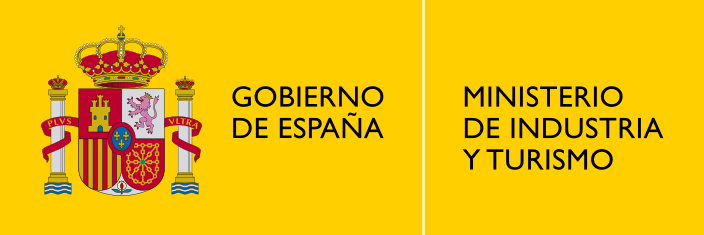The South Pyrenees Festival was born with a clear vocation: to demonstrate that culture is a universal good and that’s something worth sharing for this very reason. With this idea in mind, many national and international artists have performed on the stage at this summer event, surrounded by nature as spectacular as the festival itself.
All of them are recognised promoters, through music and other creative expressions, of the main traits of their own ethnic groups, people, and countries. And it is always organised with a specific theme, which is proposed each year by the festival’s organisers.
History of the South Pyrenees Festival, three decades of gatherings
The first edition was held in 1992, as an initiative of the Provincial Council of Huesca, which had already been working on the idea for some time. The aim was to create an event that would revitalise this area of the Tena Valley (link to the corresponding URL), which was suffering a major depopulation crisis.
That first edition of the festival boasted performances by artists such as Ketama, Luz Casal, and Comediants, among others, who had very different proposals and styles.
In 1994 it was decided that each year would be dedicated to a specific theme. Therefore, the next edition of the South Pyrenees Festival (1995) was named “The Mediterranean” and featured several artists from the African and European shores of the Mediterranean, such as Negresses Vertes and Youssou N’Dour.
Since then, with the collaboration of various public and private entities, the South Pyrenees Festival has been held continuously. With its own theme each year, it attracts a growing audience that enjoys the magnificent atmosphere created in this part of the Pyrenees for two weeks in July.
This atmosphere is enhanced by the involvement of a large part of the local population and businesses, as well as by people from a wide range of countries who are keen to communicate and exchange ideas and products that are typical of their cultures.
Among the Spanish artists who have performed on the festival stages are Paco de Lucía, José Mercé, Miguel Poveda, Martirio, Carmen París, Bunbury, Albert Pla, and Macaco. And on the international side, Compay Segundo, Carlinhos Brown, Orishas, Lila Downs, Madredeus, Mariza, and Fito Páez, among many others.
Where the South Pyrenees Festival is held
Just as alluring as the list of artists taking part in each edition is the venue where the South Pyrenees Festival is held. Of course, the venue where the main concerts are held is worth attending in itself; a floating stage on the Lanuza reservoir, on the outskirts of the town and very close to Sallent de Gállego (about two kilometres away).
It’s located in front of a natural arena, formed by the mountainside, completely surrounded by the forests, ravines, and enormous crags, over 3,000 metres high, that crown the Tena Valley.
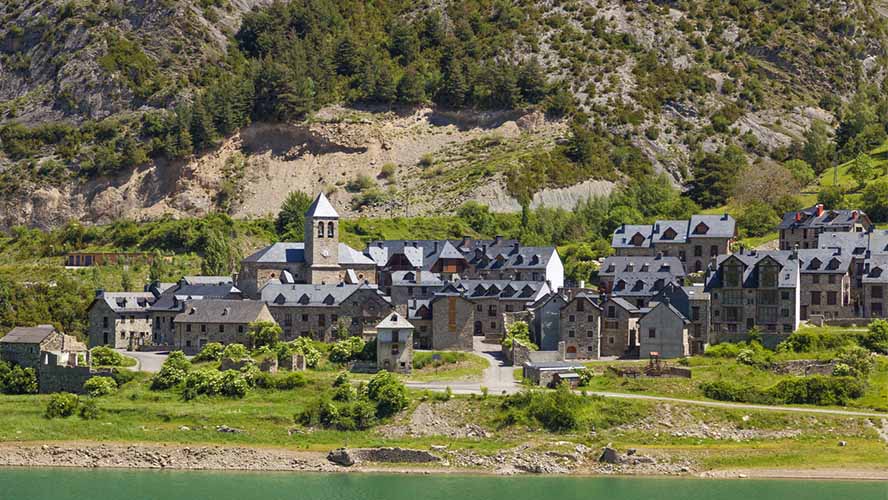
This natural auditorium has a capacity for some 5,000 people and is joined by the World Markets located in Sallent de Gállego. Here, artists, craftsmen, and traders from all over the world offer their creations and products.
It’s also a good place to experiment with world cuisines in dozens of restaurants and stalls. It is here that a large part of the “daytime” activities of the South Pyrenees Festival take place.
Next to this flea market there’s another auditorium, smaller than the natural one, where performances take place from Sunday to Thursday evenings. This is also where the shows for the whole family are performed on Friday and Saturday afternoons.
Furthermore, in Sallent de Gállego, every day and for the whole of the South Pyrenees Festival, there are other activities, such as artistic workshops for children and adults, parades, storytelling, theatrical performances, and team games.
The 2020 edition, when will it be held?
The 2020 edition will be the 28th edition of the South Pyrenees Festival, which is scheduled to take place from mid to late July. On this occasion, in addition to the events at the usual venues of Lanuza and Sallent de Gállego, several performances and cultural events will be held in other places in the province, such as Biescas, Larrés, and the winter resorts of Formigal and Panticosa (link to URL on ski resorts in Huesca).
The organisers plan on focusing on the presence of internationally acclaimed artists. However, there will also be an opportunity for emerging bands, both Spanish and foreign, to demonstrate their talent, as has been the case in the other editions held to date.
It’s certainly worth keeping an eye out for constant updates on the line up, because, as is often the case with the line ups of most summer festivals, there can be pleasant surprises. Even at the last minute.
More information:
How to get there
- In your own vehicle: Sallent de Gállego is about 90 kilometres from the provincial capital, Huesca. Via the E-7/A-23, N-260, and A-136 roads, you can get here in just over an hour.
- By public transport: there are no buses between Huesca or Zaragoza and Sallent de Gállego. Even so, for those of you who want to come to the South Pyrenees Festival without worrying about bringing your own vehicle, you can get to Formigal on Avanzabus buses, which offer several daily services from these Aragonese capitals A unos la Plaza de Isabel la Catstockphotos). Once in the Pyrenean town, you can order a taxi; it’s about seven kilometres away.
Timetables and prices
- Prices: the prices of the shows that take place in the Lanuza auditorium vary depending on the day and whether they are bought in advance (online) or at the South Pyrenees Festival ticket offices. These are located both in Lanuza and in Sallent de Gállego. As a general rule, tickets cost between 27.50 and 35 euros. The general season ticket (advance sale) costs 132.10 euros.
- Timetables: the performances in the Lanuza auditorium take place on Fridays and Saturdays at 10.00 p.m. In the Sallent de Gállego auditorium, they are held from Sunday to Thursday at 10.30 p.m. and the family concerts on the same stage are on Fridays and Saturdays at 7.30 p.m.
Festival information
Official website of the South Pyrenees Festival.

